This is Amalia Ulman’s moodboard

Her new film, Magic Farm, is a jagged-edged satire fizzing with energy. But there are Serious Human Issues at play: not least climate catastrophe, sex as deliverance and wilful ignorance as a linchpin of American culture. Amalia takes us into her world...
Culture
Words: Jade Wickes
Taken from the summer 25 print issue of THE FACE. Get your copy here.
It’s been a while since Amalia Ulman felt this free. When we speak, the artist and filmmaker is on the cusp of releasing her second film Magic Farm, which she wrote and directed and stars in. Calling in from her apartment on Manhattan’s Upper West Side, the 36-year-old’s brown fringe is neatly swept to one side, and her gaze is intent.
“It all started when I learned about the glyphosates issue around 2020,” begins the Argentine-born, Spain-raised, London-educated filmmaker. She’s talking about the origins of Magic Farm – “the glyphosates issue” refers to herbicides that are harmful to both our health and the environment, and which are particularly pervasive in Argentina. This is the backdrop against which Magic Farm takes place.
“The beauty of making films is having to learn new things,” Ulman says. “I love learning new things. I get bored easily and I want to move on and I want to learn. I want to fail constantly. It’s freeing.”
In the film, Chloë Sevigny plays Edna, broadcaster and de facto leader of a motley crew of American journalists from an unnamed media company (which, Ulman points out, is based on the “glory” days of Vice News). Also part of the team on assignment in South America: Jeff, played by Hereditary’s Alex Wolff, a fuckboy who goes through women like packs of tissues; Simon Rex is Dave, Edna’s sleazy husband; and Elena, played by Ulman, is an Argentine editor who begrudgingly doubles up as the group’s translator. Last but not least, there’s Justin, the gay, horny sound guy, played by Ulman’s real-life best friend, Joe Apollonio.
Together, they’re in relentless pursuit of filming something – anything – that’ll get clicks. The best way to achieve this? Produce a “totally amazing series on crazy subcultures from around the world”, as Vice was once wont to do.
“I knew in the back of my mind that I wanted to do something about the glyphosate issue – it doesn’t only pertain to Argentina but the Global South in general, also the US and Hawaii,” Ulman says. “I wasn’t sure how to go about it. There is something about the process of my filmmaking that is not very conscious – I keep things in the back of my mind and I do a lot of research, but then there’s one day where it all sort of crystallises.”
In the land of Magic Farm, there’s important gonzo-journo work to do: Chloë and co are also here to interview a bunny-ear-wearing internet sensation named Super Carlitos. But when the crew arrives, no one knows who he is. That’s because they’ve mistakenly travelled to the wrong Latin American country. (That white American privilege will get you everywhere, except the correct place.)
What unfolds, then, is a series of chaotic and disastrous scenarios. In a desperate attempt to make the Americans’ journey worthwhile, locals – among them the burping, beautiful Manchi (Camila del Campo) and the affable, closeted receptionist (Guillermo Jacubowicz) – agree to help these hopeless “journalists” by taking part in an elaborate hoax. And so, the artifice at the centre of the project takes on a life of its own.
Ulman’s reputation as a purveyor of absurdist comedy and biting performance art precedes her. Since graduating with a degree in Fine Art from Central Saint Martins in 2011, the multidisciplinary creative has become renowned for making art that explores themes of identity and constructed realities.
For one of her most famous pieces, 2014’s viral hit Excellences and Perfections, she created a fictional persona – a role she inhabited and posted about on Instagram, fooling us all until the big reveal. Through it, she laid bare the easy manipulation of our online personas and our unhealthy relationship with social media culture. It still rings true today. Then, in 2021, she wrote and directed her acclaimed debut feature, El Planeta. Starring alongside her mum, the pair played desperate grifters in a Spain wracked and wrecked by the financial crisis.
While Ulman has largely stepped away from the art world in favour of becoming a fully-fledged filmmaker, the fingerprints of her early work are all over Magic Farm. In its own cinematic way, it’s a boisterous piece of performance art and social critique. And it’s one that Ulman had loads of fun making, as evidenced by the cavalcade of images, screenshots and memories that make up her mood board.
At the heart of it all
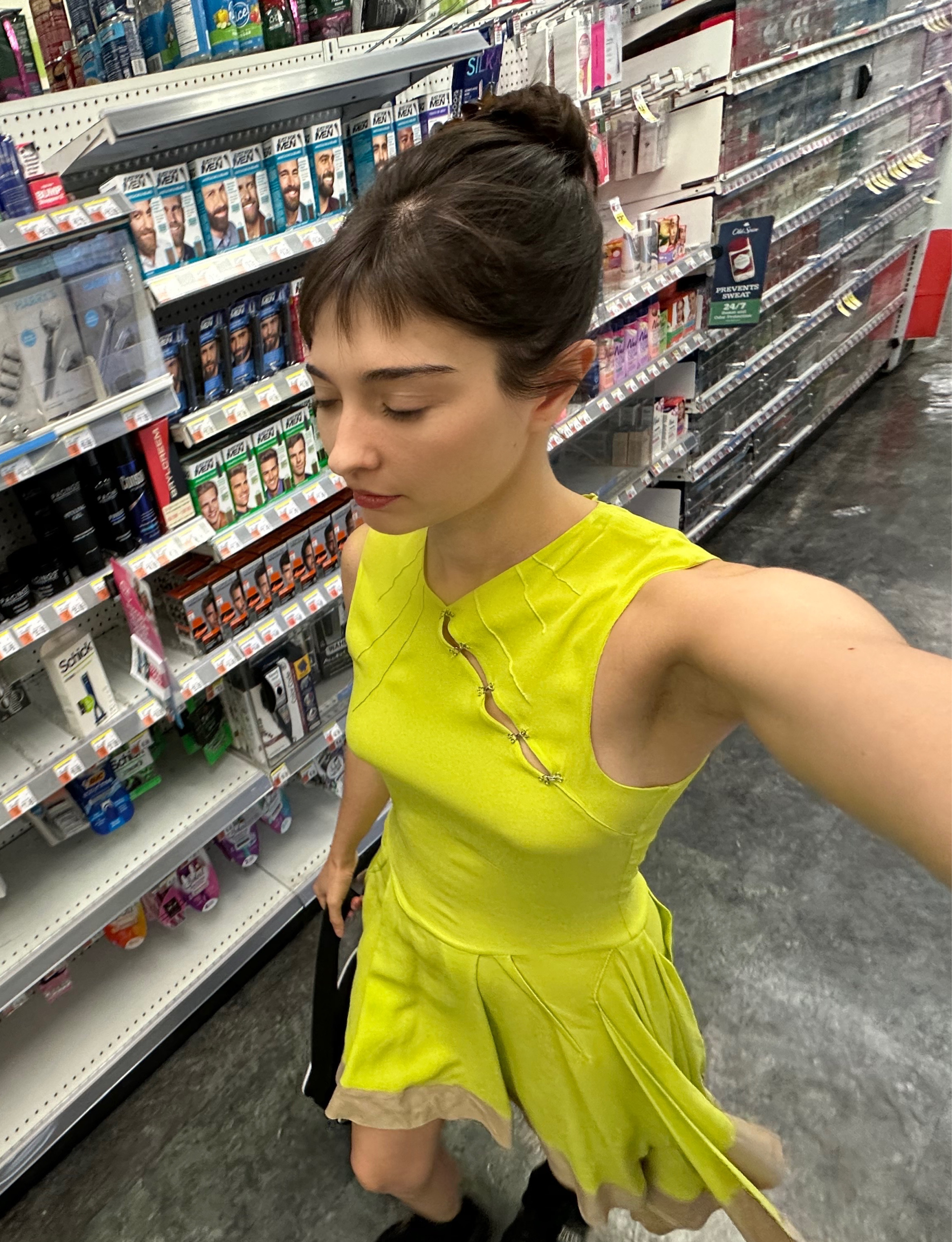
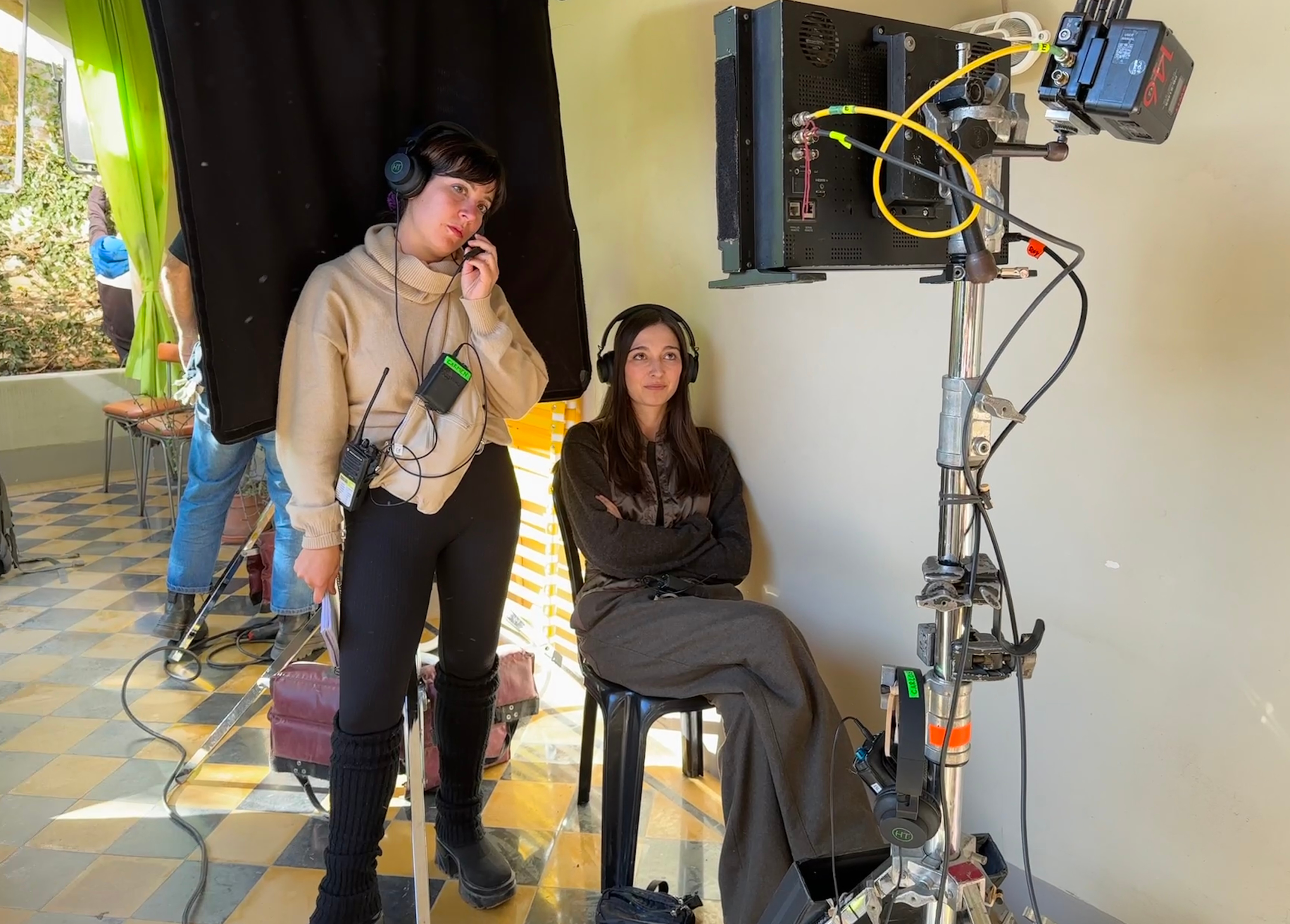
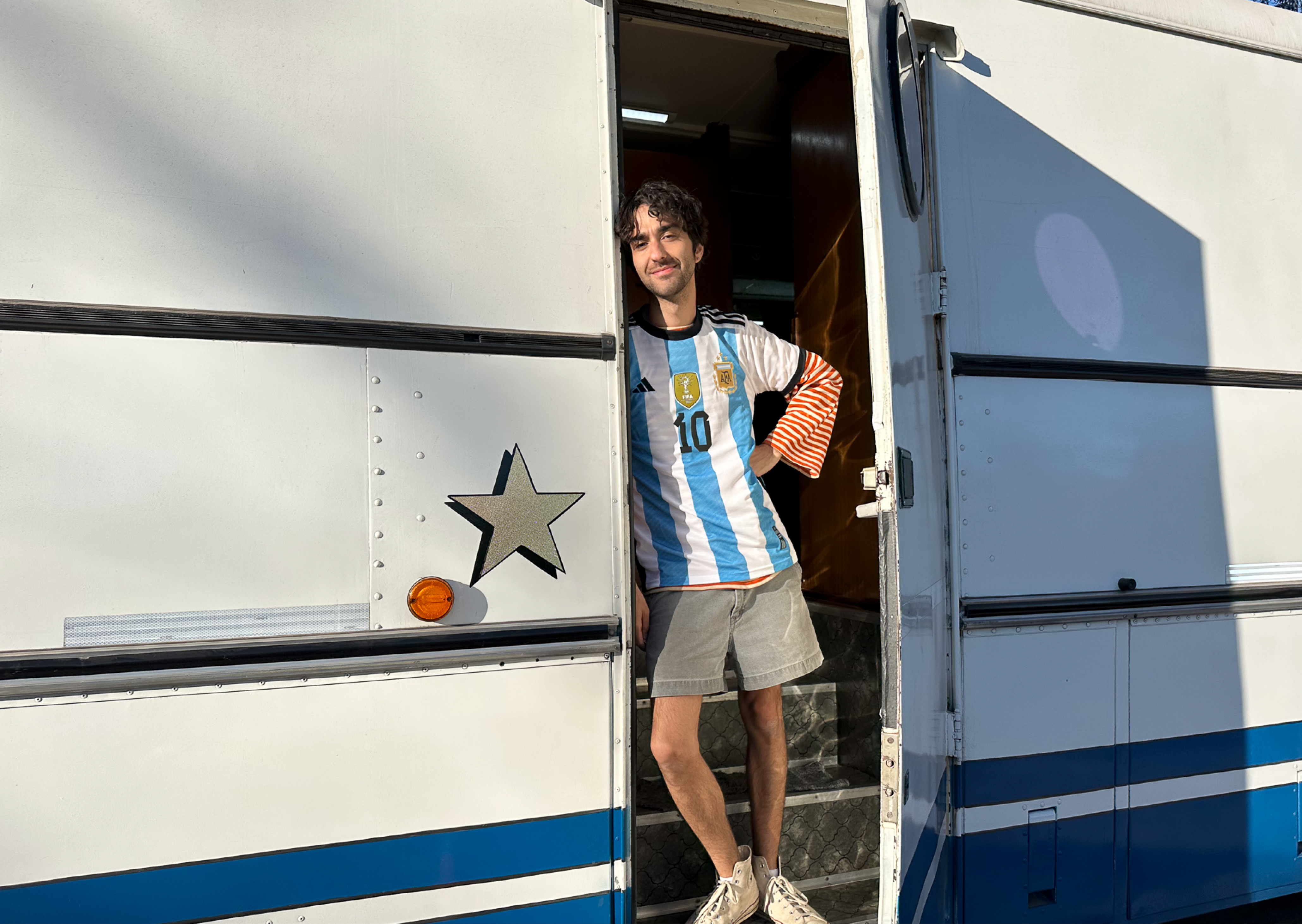
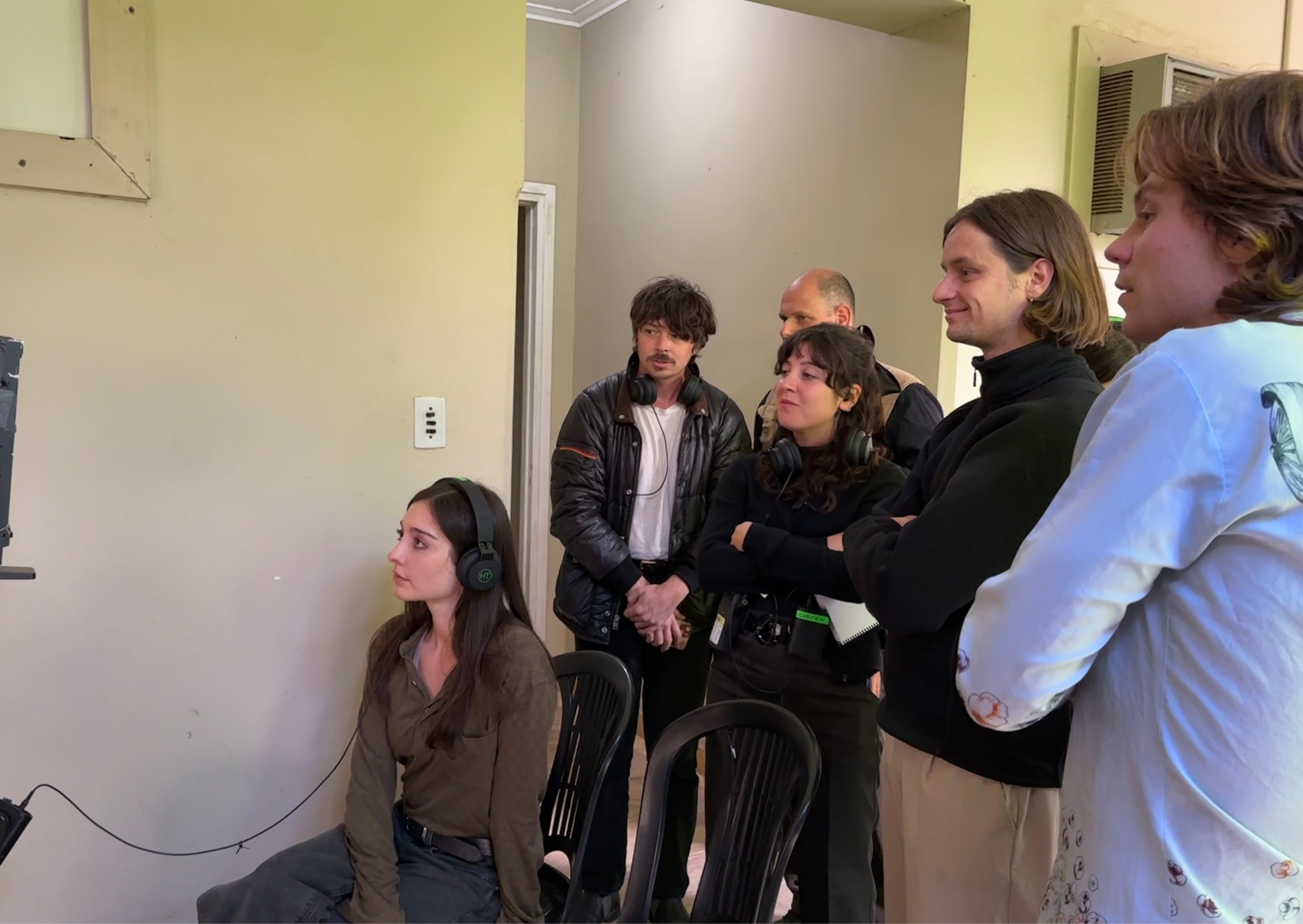
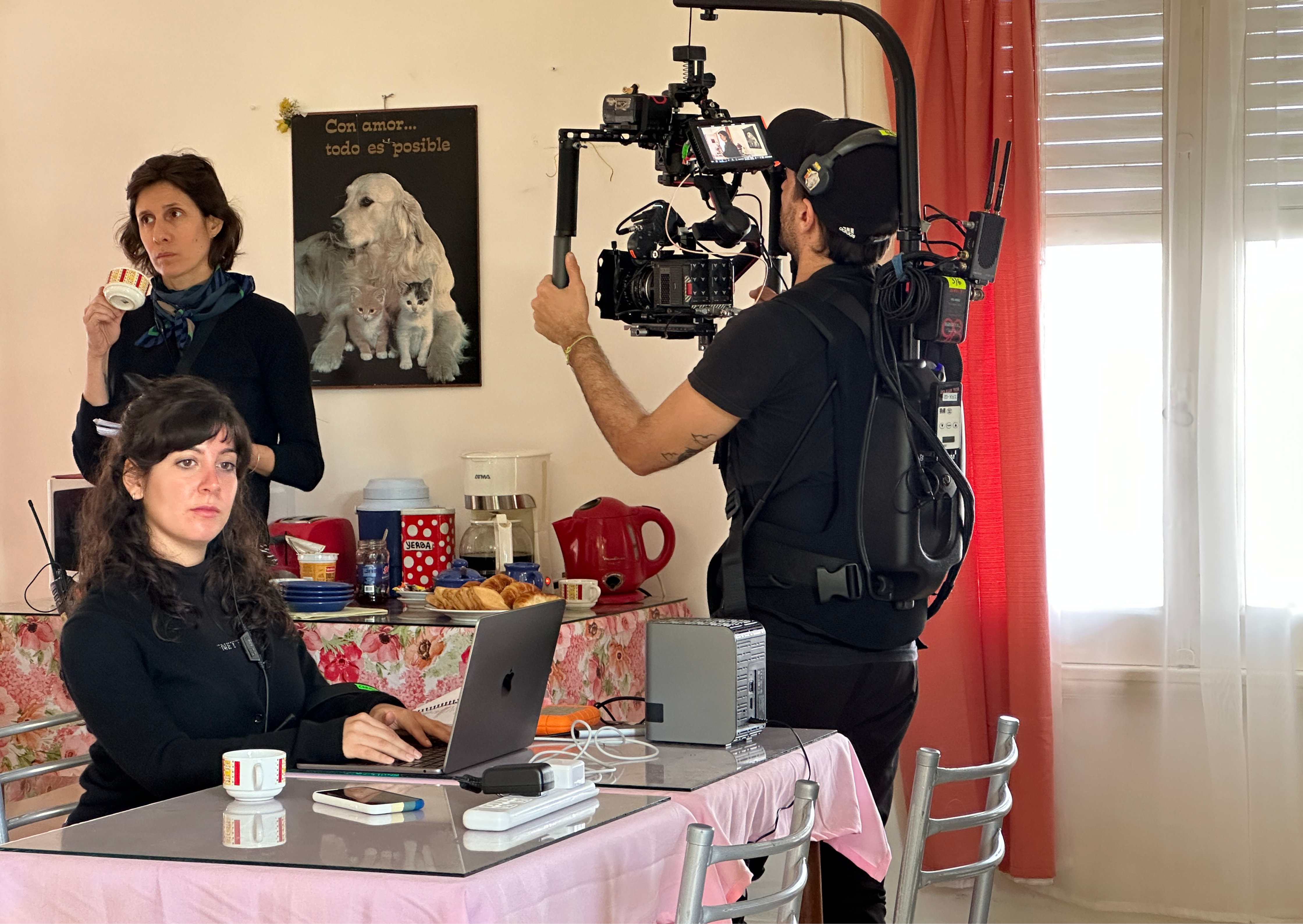
“Being in front of the camera is not important to me. I’m just used to it. But I don’t think I’ll be doing it in my next film. The reason I’ve been in front of the camera before, especially early on with online performances and stuff, is because I’m autistic and I find it easier to work with myself than having to communicate with other people. So it’s been a necessary evil. Like: ‘If I want to get this done, I might as well do it myself.’”
Look, don't touch
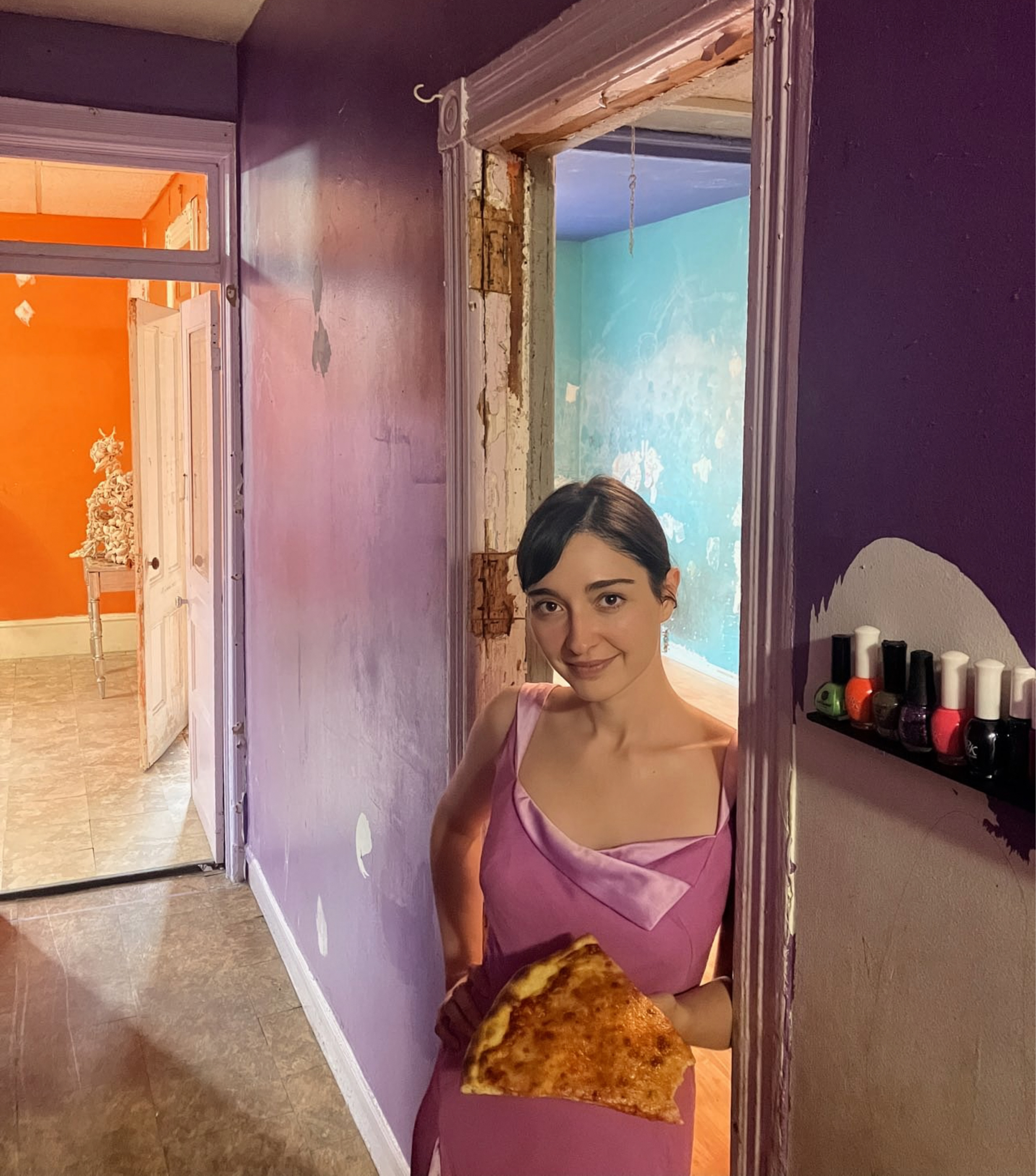
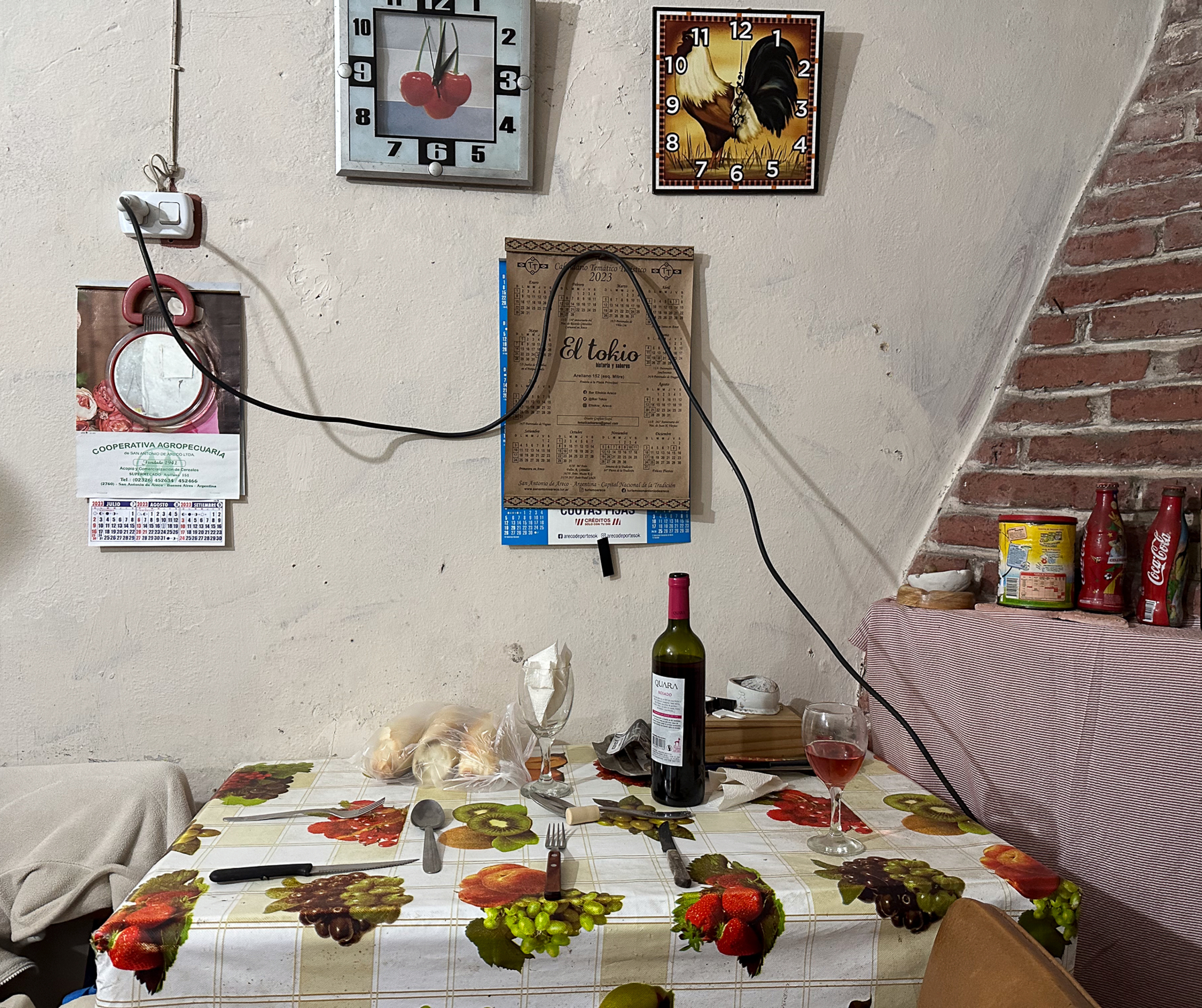
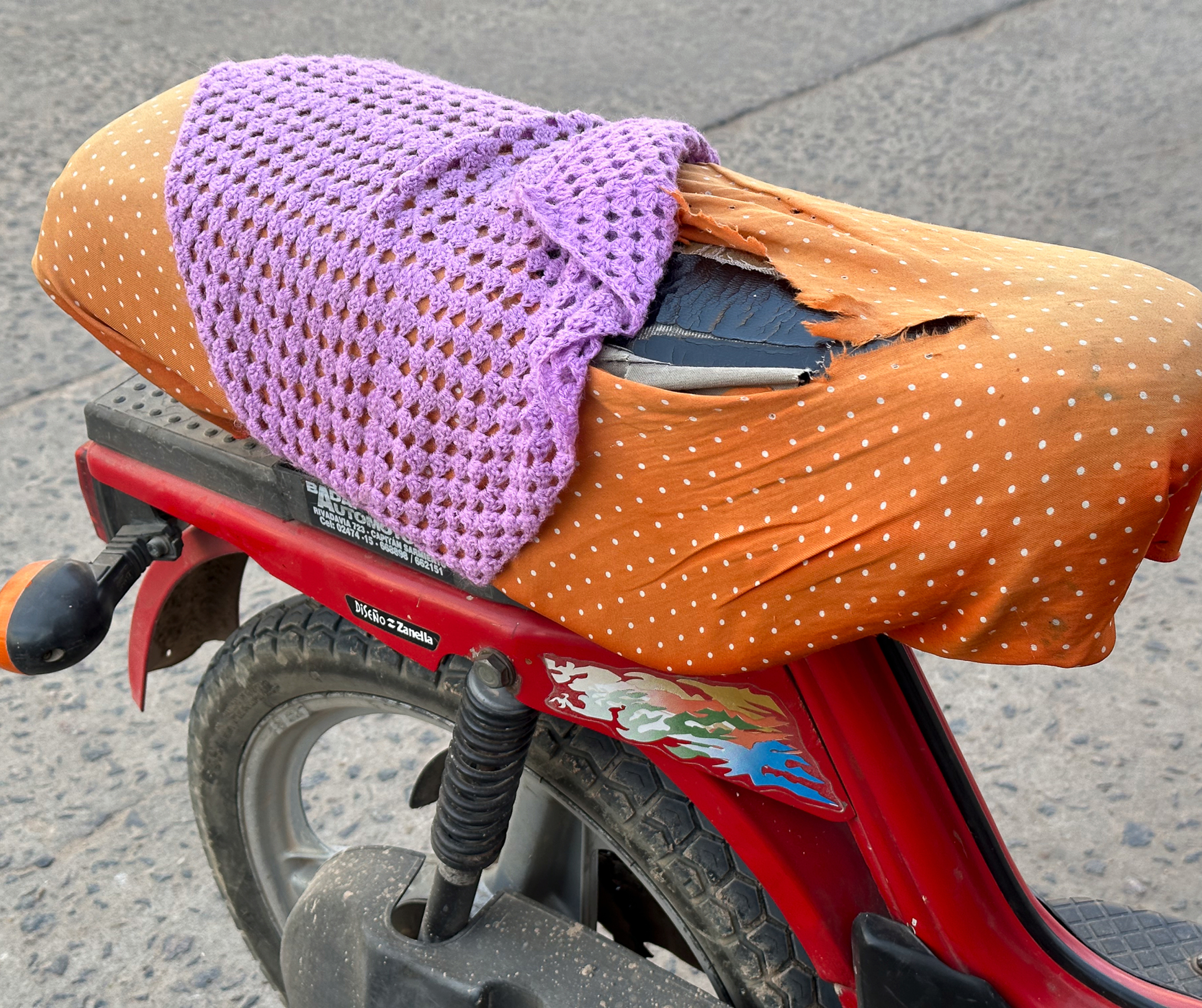
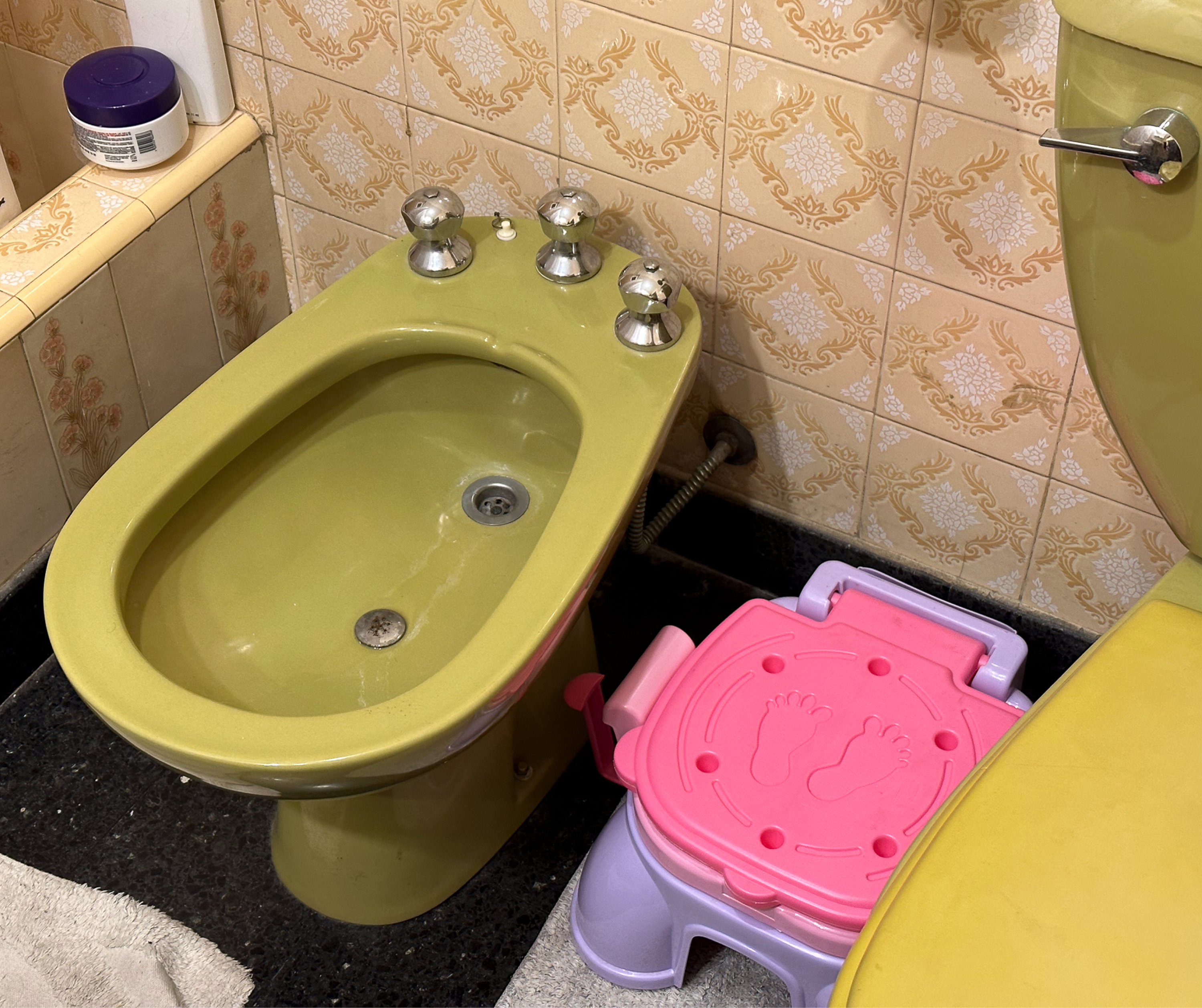
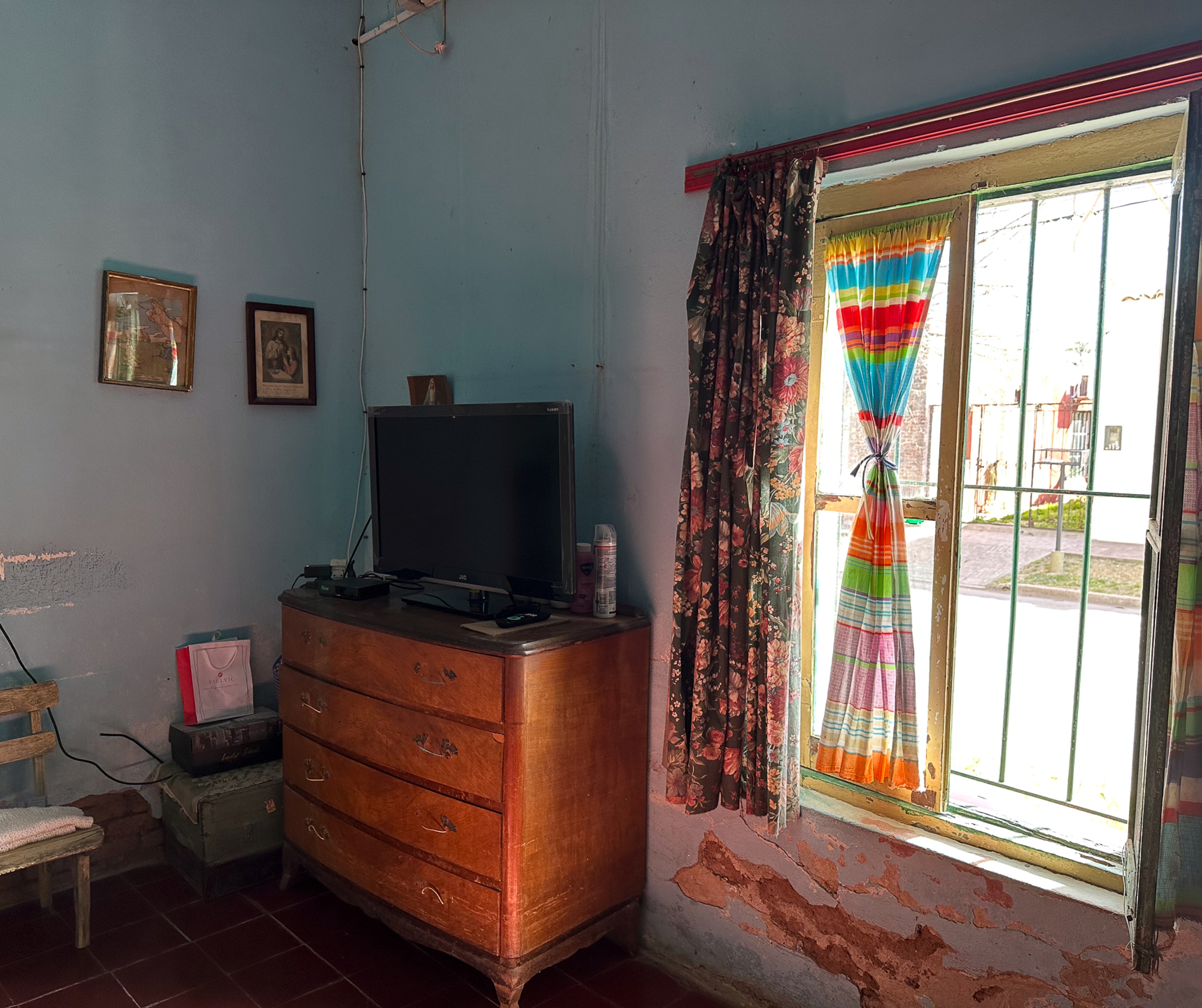
“Magic Farm is extremely colourful and saturated – the transgenic soya [the crop that the pesticides are used on] is very green, the sky is very blue. This set the tone for the rest of the film. I was dealing with the [impact] of Vice, which has its roots in Gen X culture and things like skateboard videos, which are also very colourful. In Latin America in general, especially in lower-working- class environments, you see a lot of orange and things that look very ’70s. Visually, I was responding to that.”
Chloë and Alex
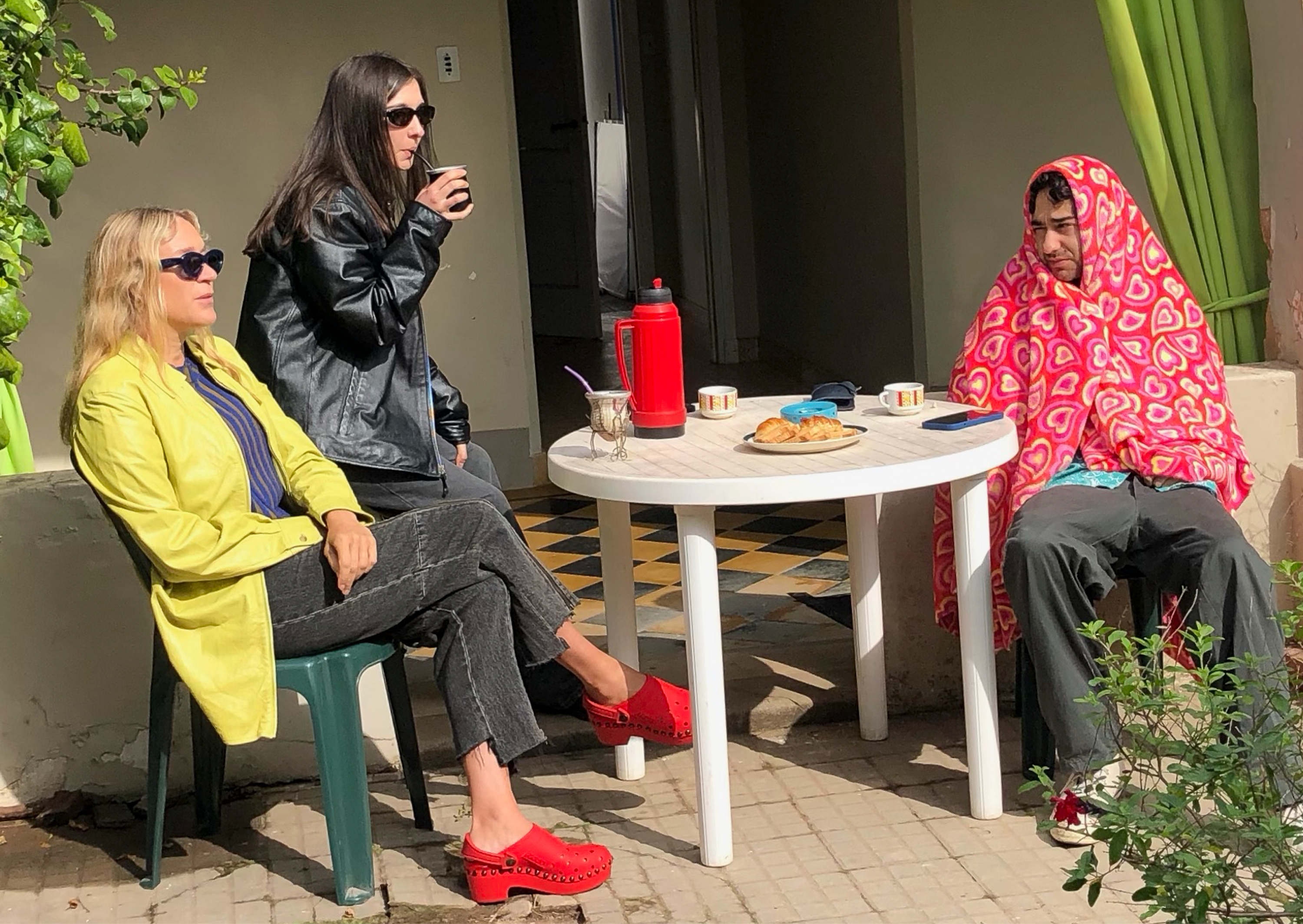
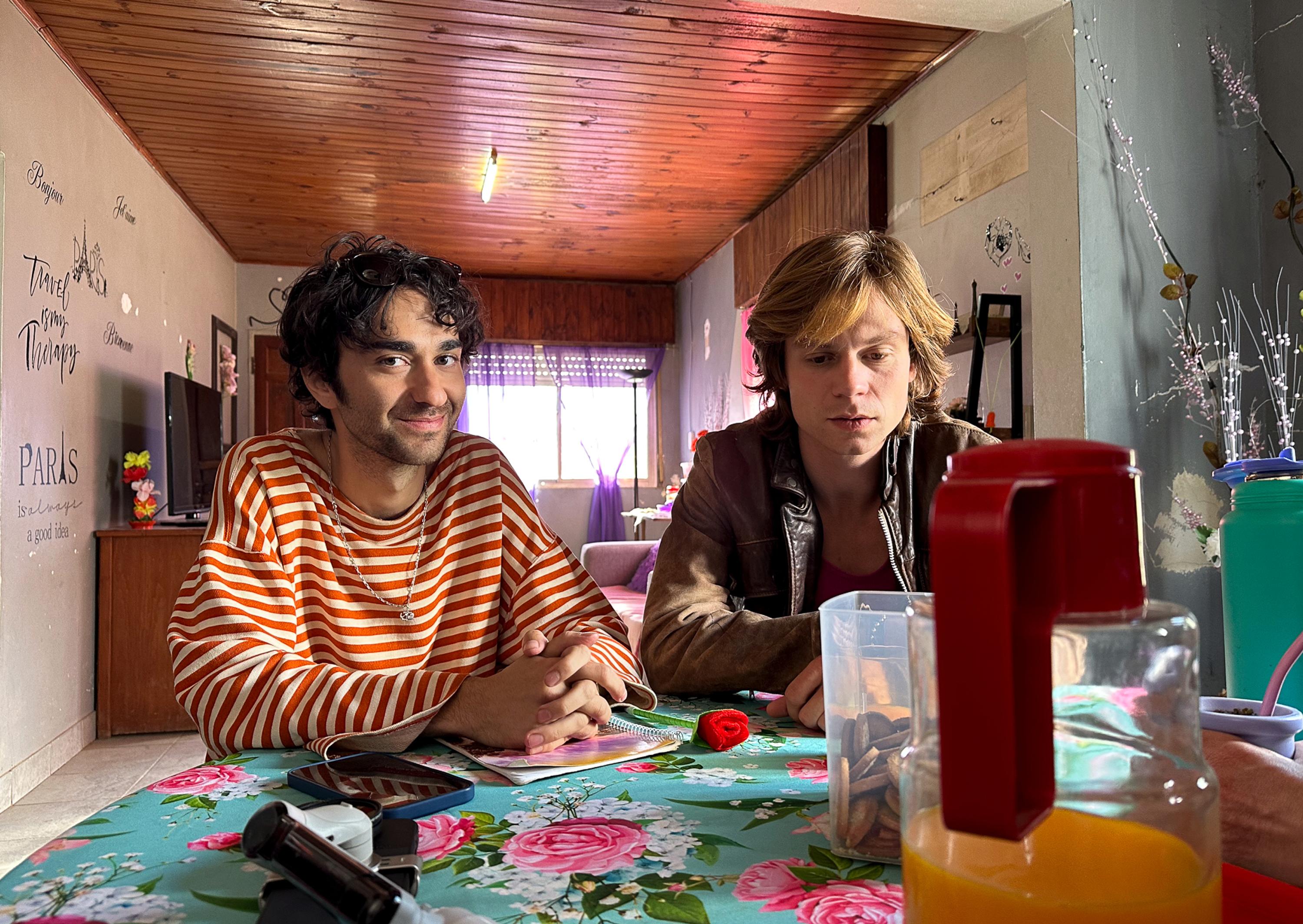
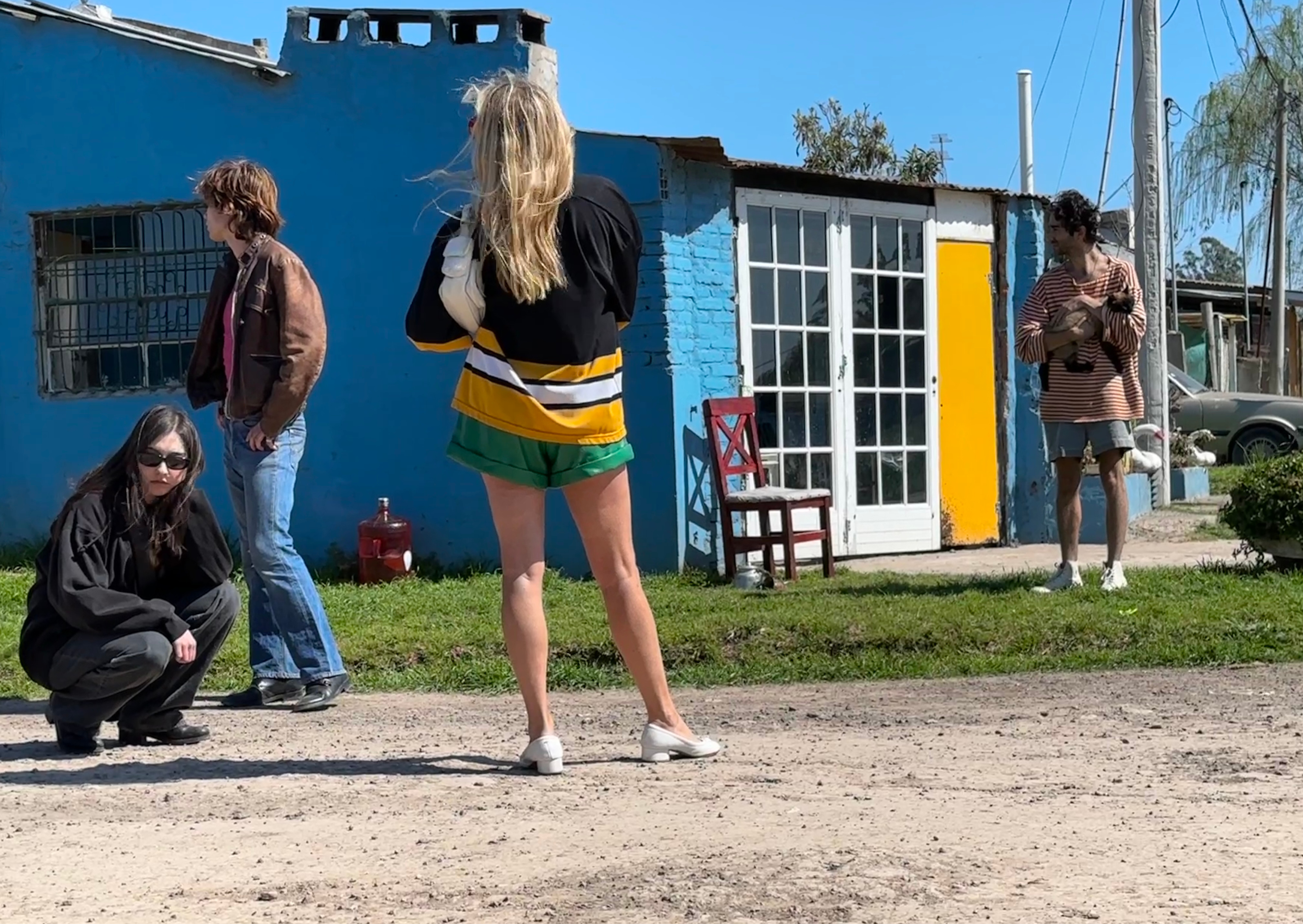
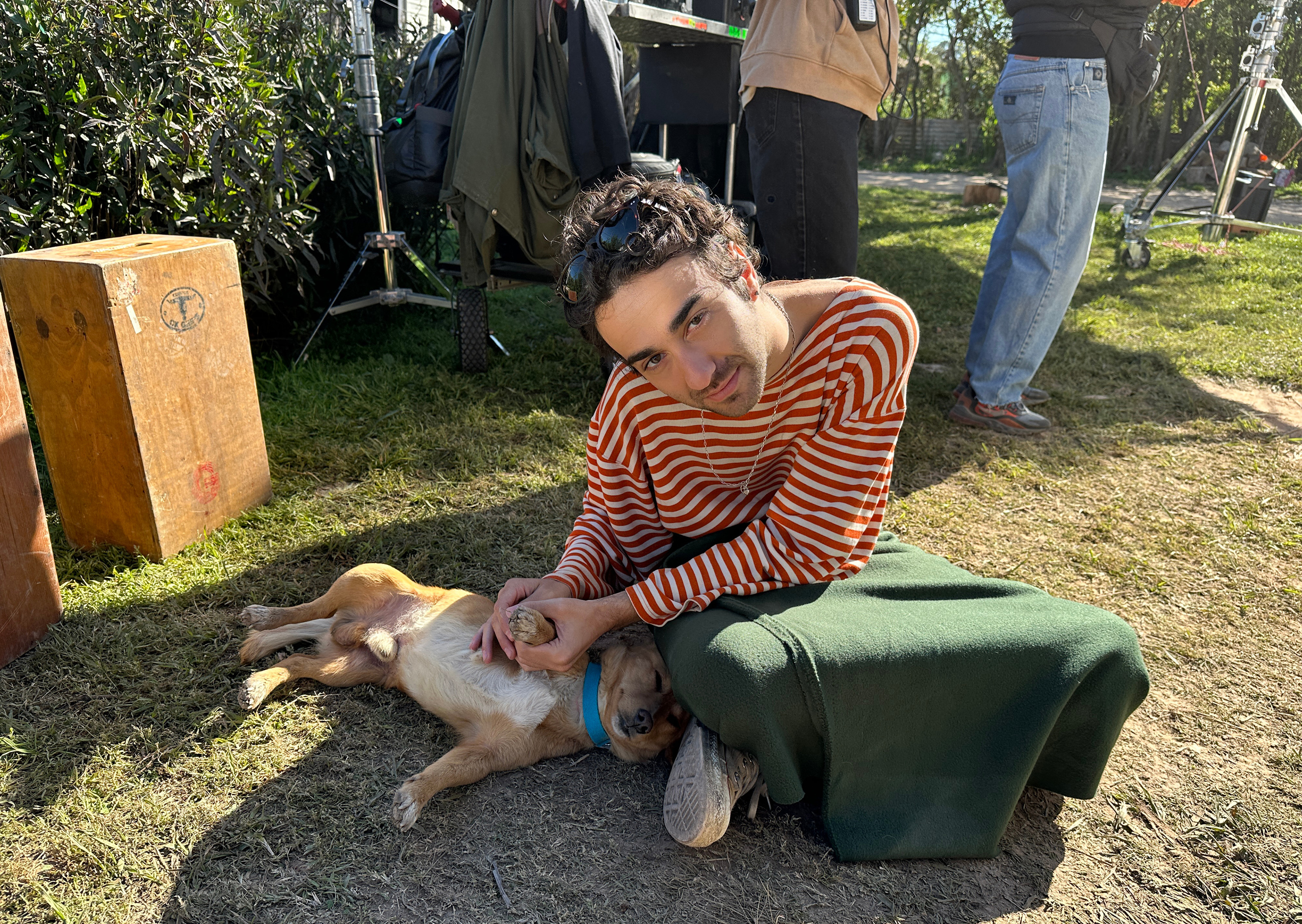
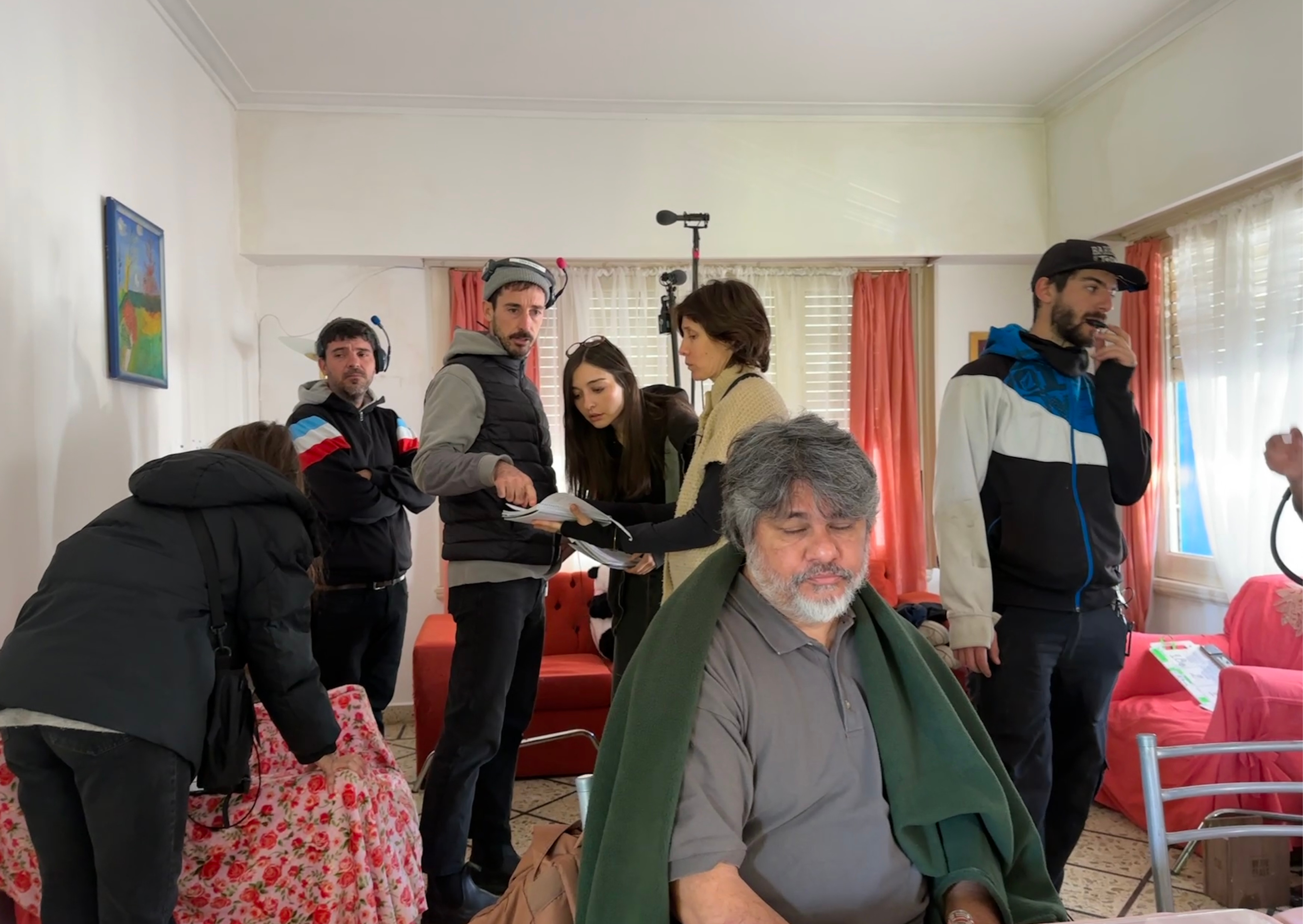
“The role of Edna was written for Chloë, so she was involved in the film from very early on. I was interested in other roles she had played in the past, whether that was in Demonlover by Olivier Assayas, Dogville by Lars von Trier, or [HBO show] Big Love. Likeable, but also kind of bitchy and mean. I felt like that energy would be good for the interpersonal relationships of the crew. Chloë’s meanness is very funny. Alex was added to the project later. He was hilarious when we met for the first time. I was like: ‘OK, this person gets it. He’s a fuckboy and that’s it.’”
A place in time
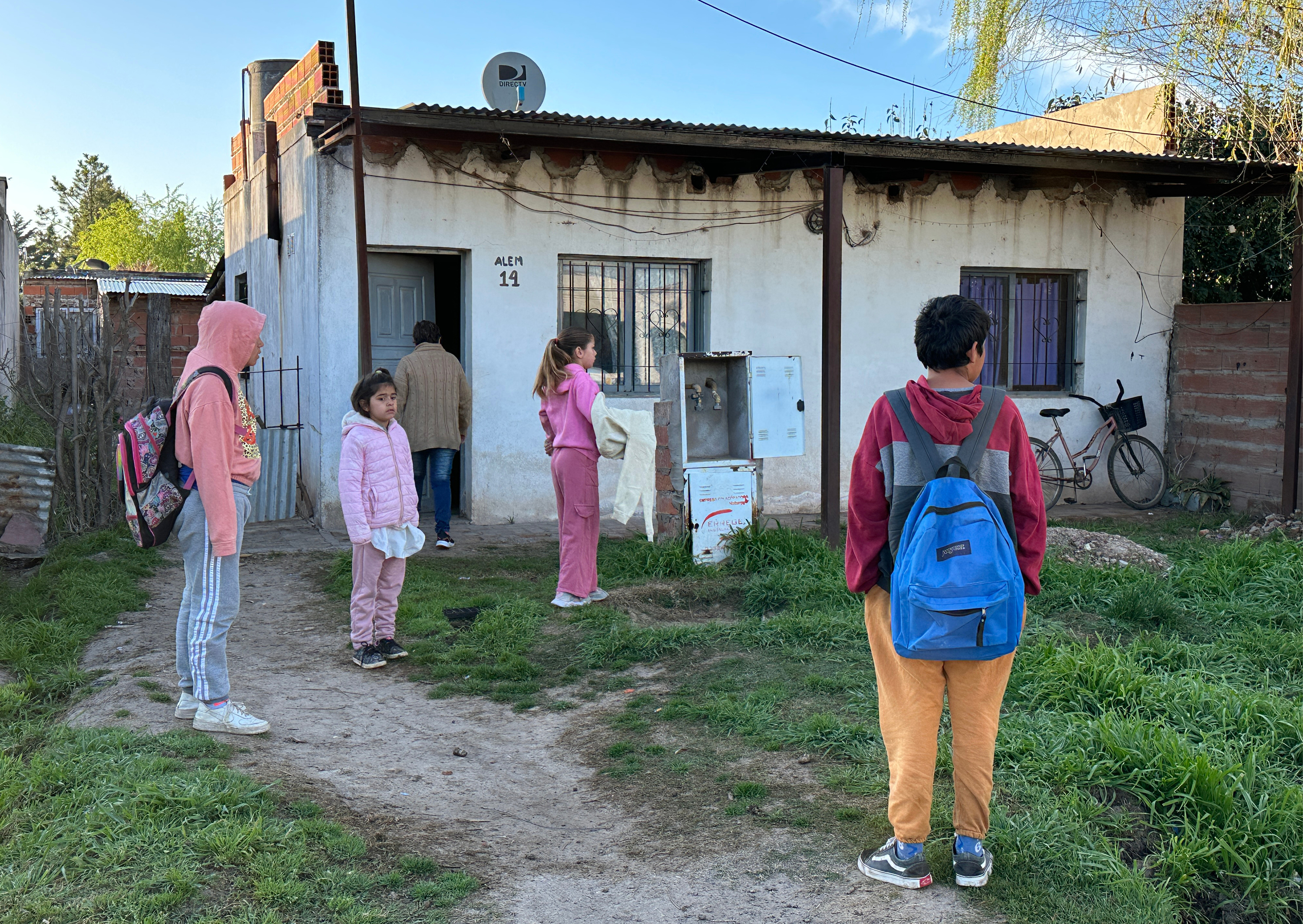
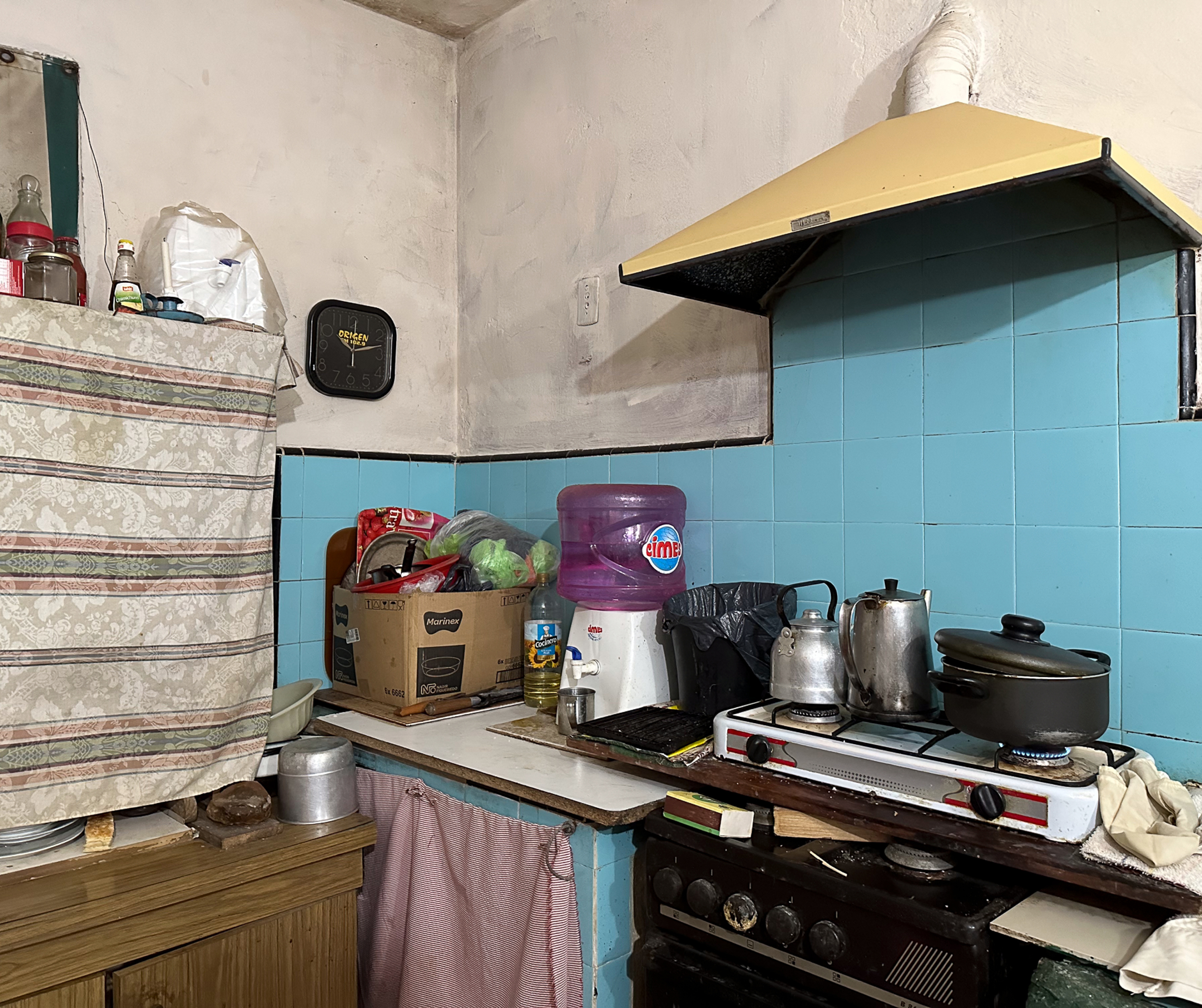
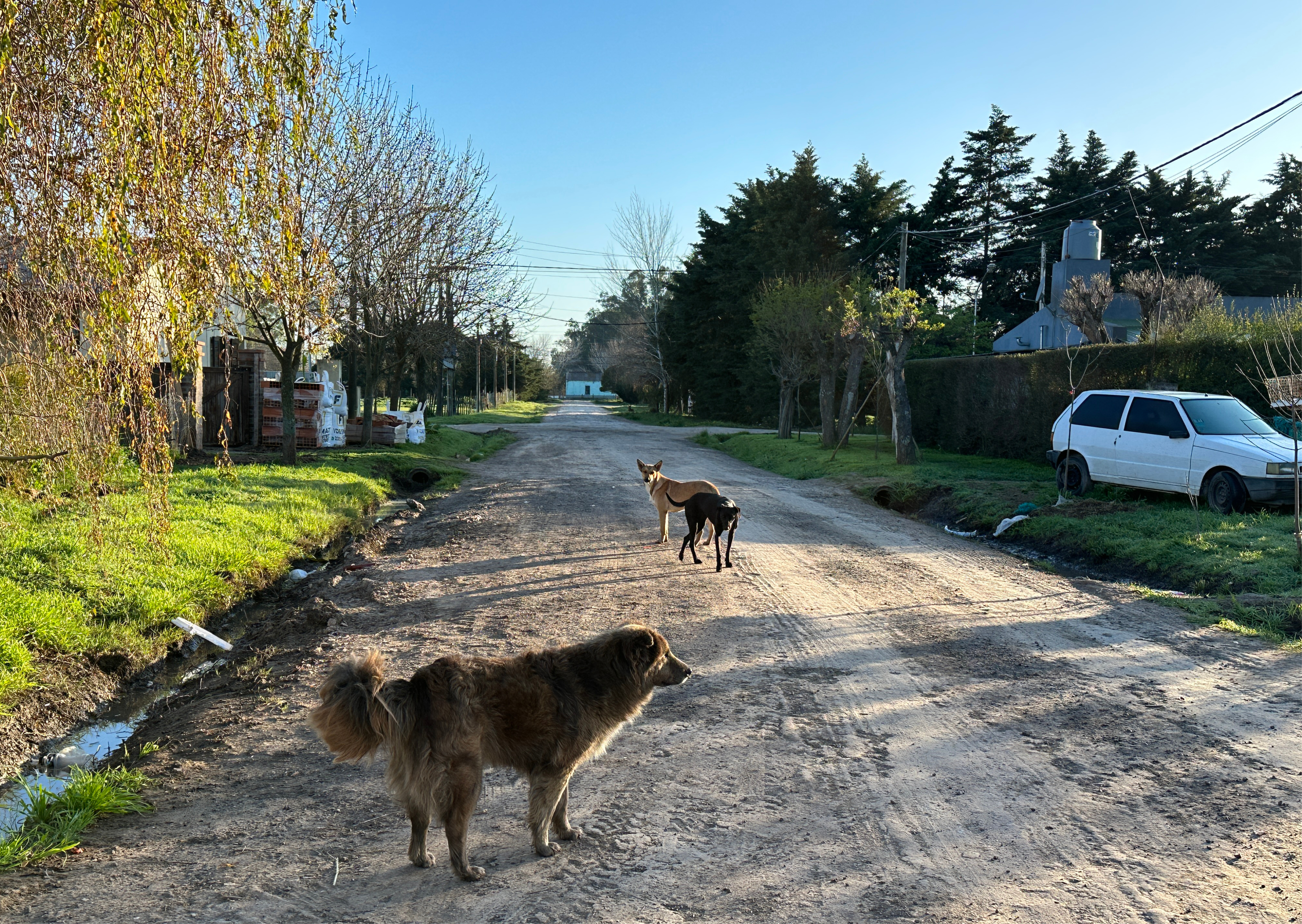
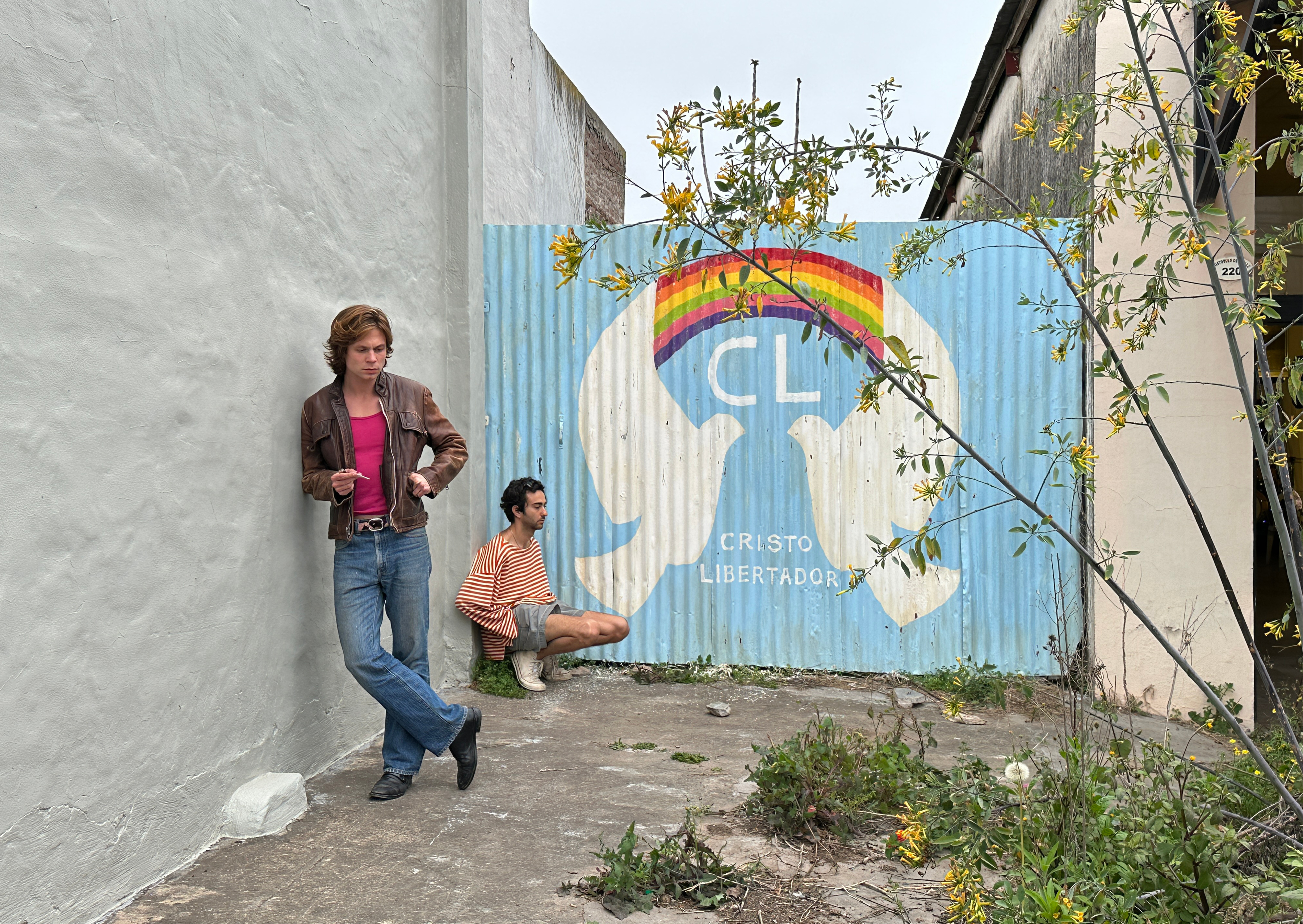
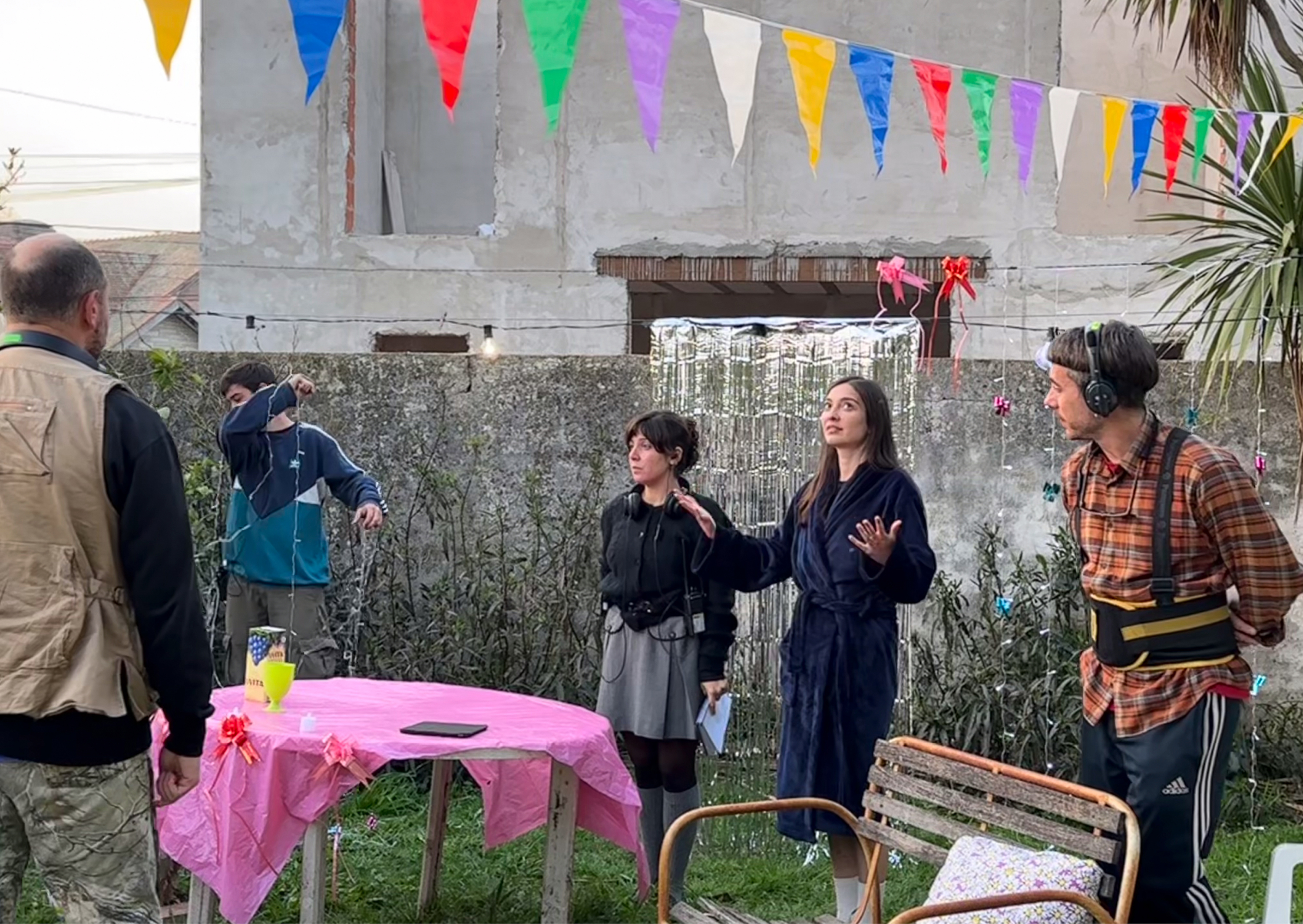
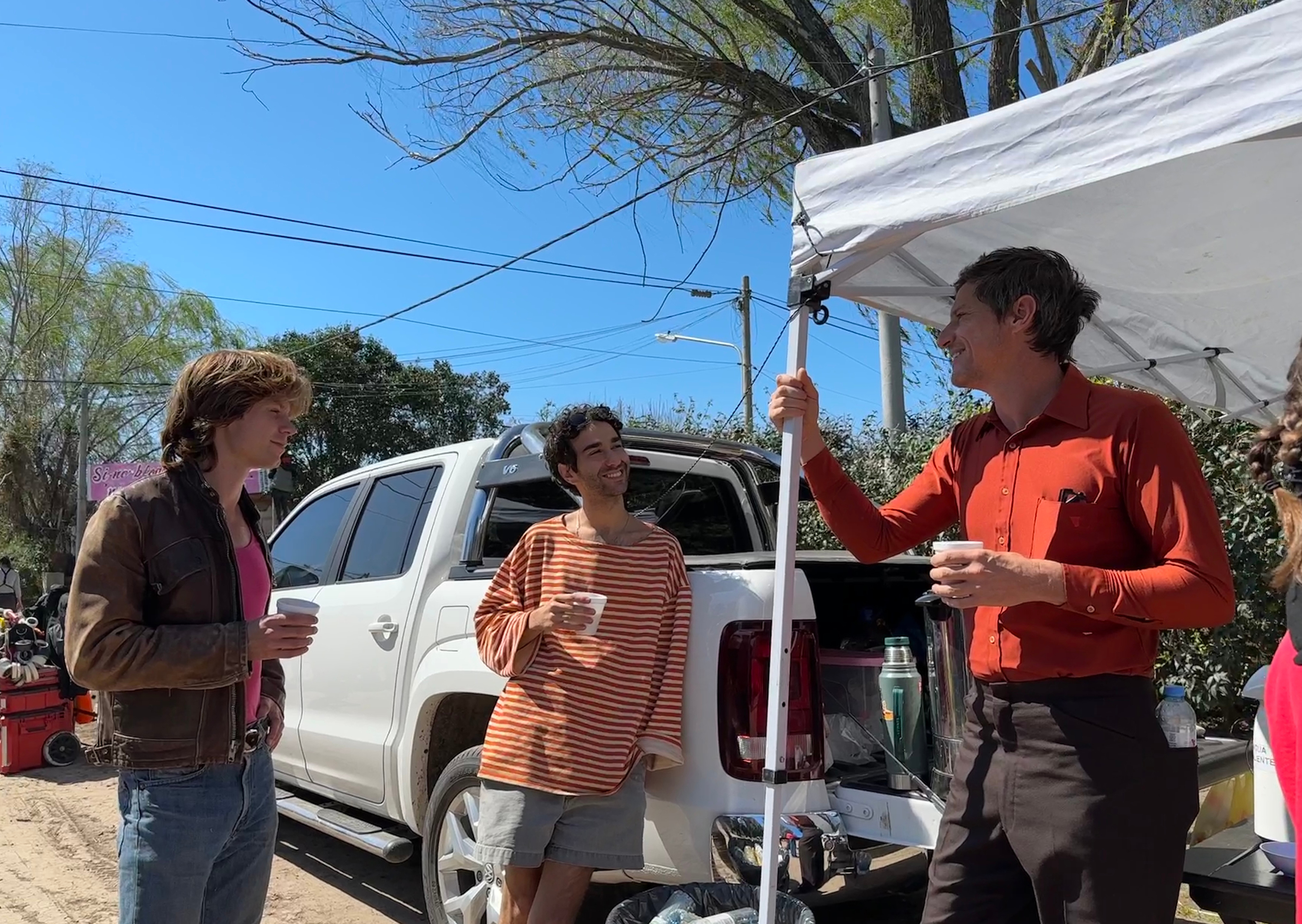
“Originally, the story was set in northern Argentina, which is where most of the issues with glyphosates occur. It was really far [to travel to], and Argentina is far enough already. Not only that, but there’s high altitude [so] you have to chew coca leaves [to help with altitude sickness]. It’s a harsh environment. I wasn’t going to drag a bunch of American actors up there. [So] we ended up shooting an hour from Buenos Aires, where I was born, in a place called [San Antonio de] Areco.”
Growing up, city to city
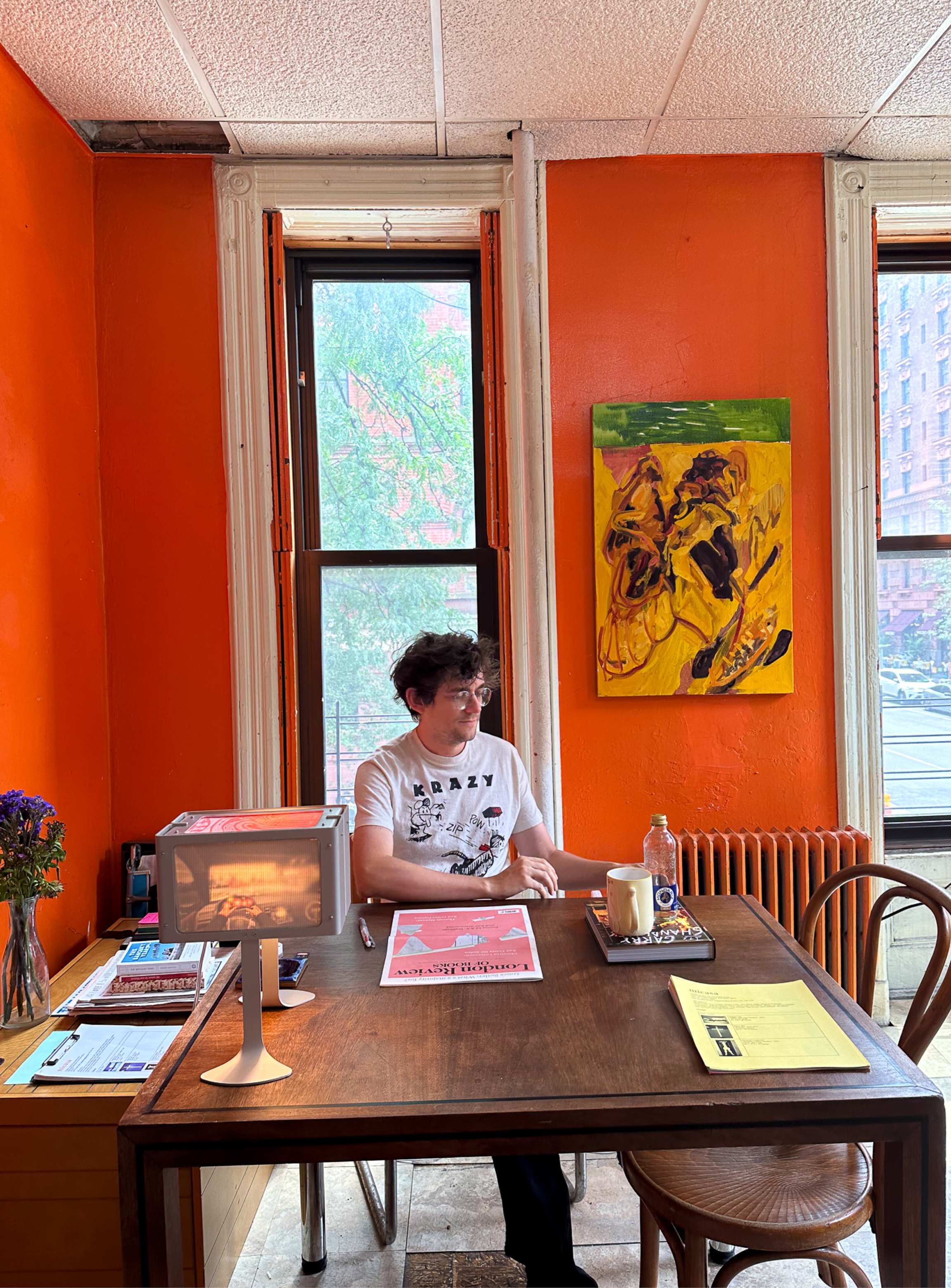
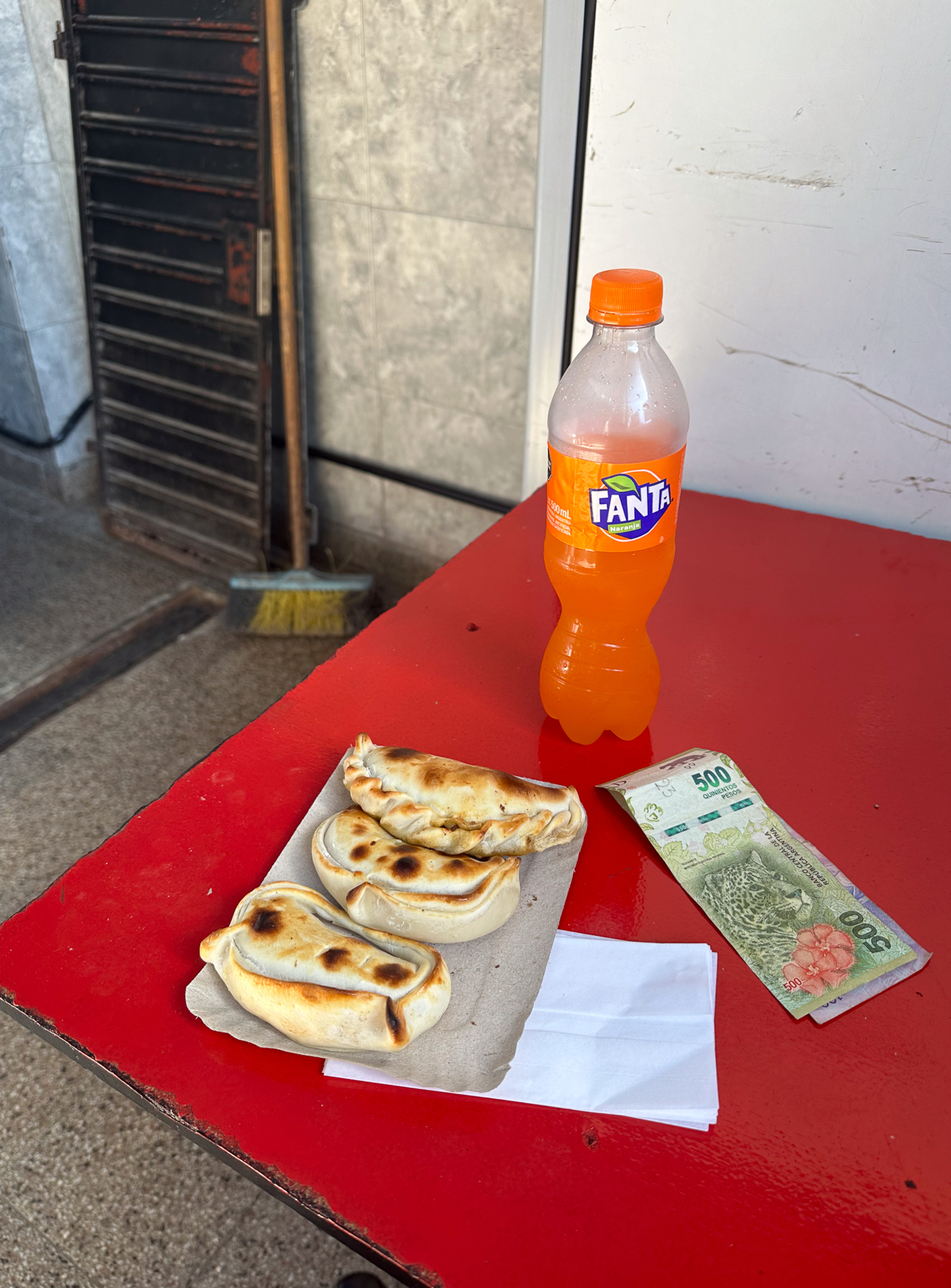
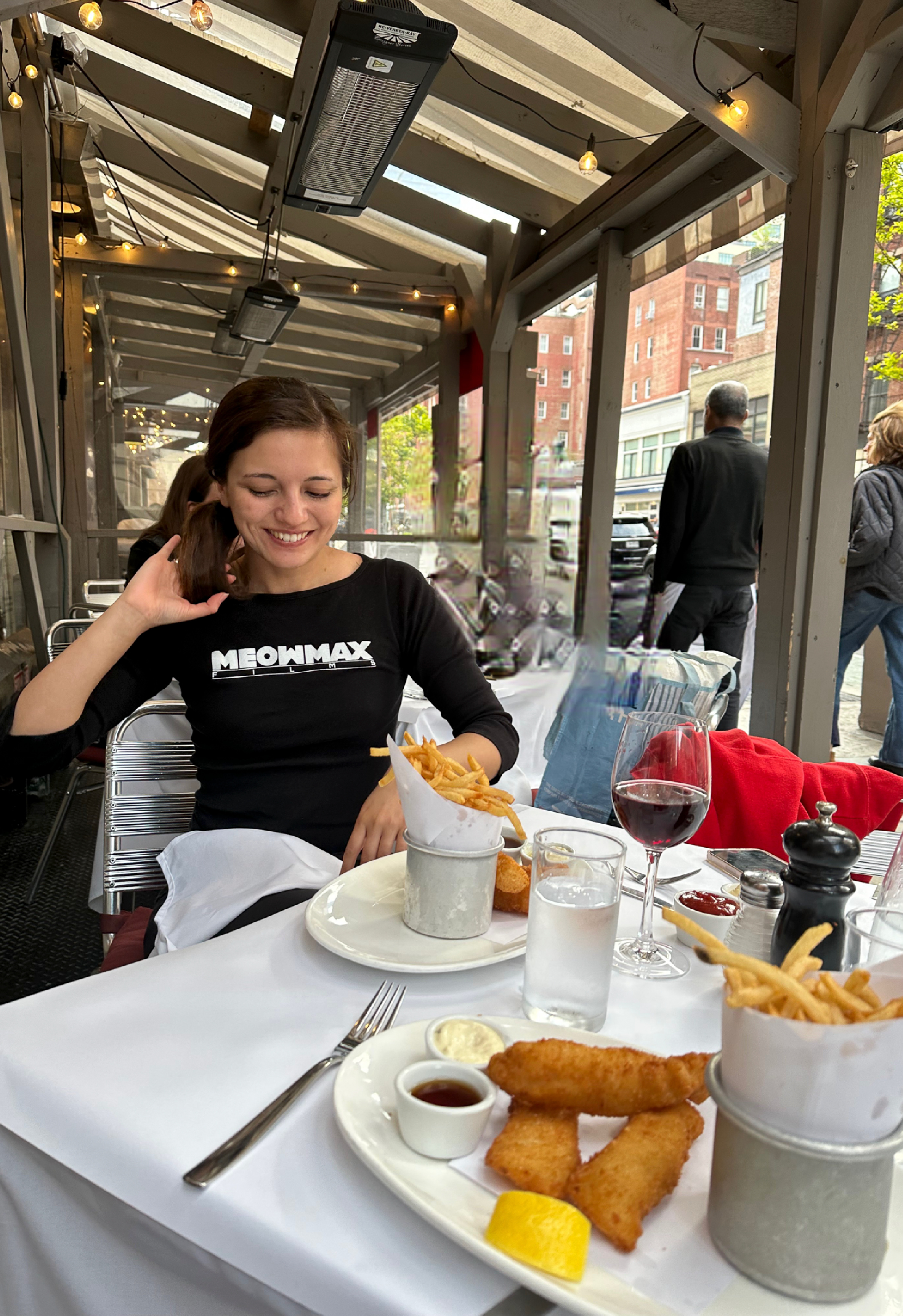
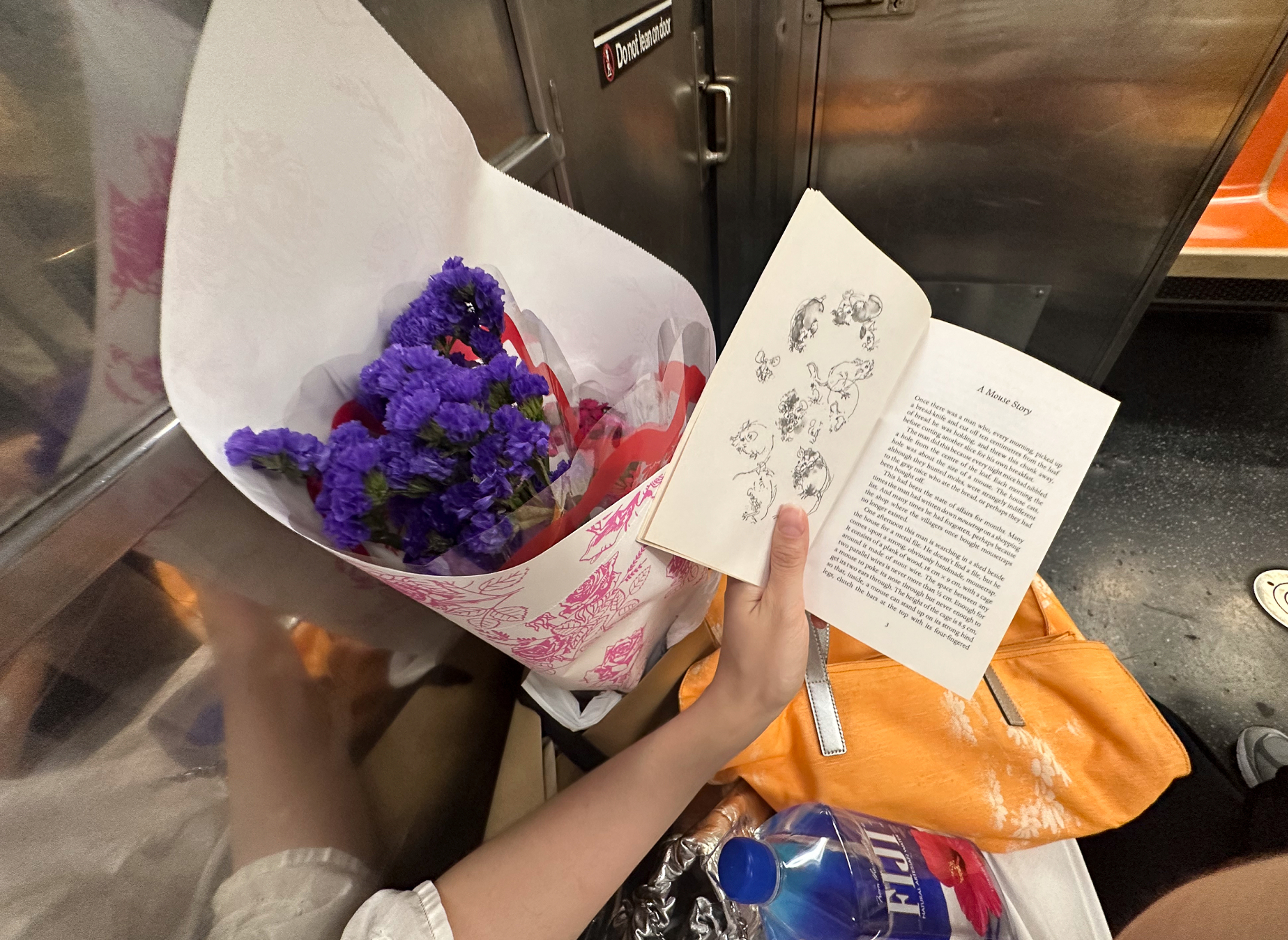
“I feel like Buenos Aires and New York have a very intense relationship. They’re very similar. I’m not Jewish, but there’s a lot of Jewish connection between the two cities. There are a lot of psychoanalysts in Buenos Aires and New York, and a lot of culture that comes from 20th century Jewish immigrants, I think. In my day-to-day life, connecting to my Argentine roots boils down to drinking mate [herbal tea] or eating alfajores [shortbread cookies]. But growing up in Spain, I always felt like a bit of an outsider because my upbringing was very Argentinian.”
The horses
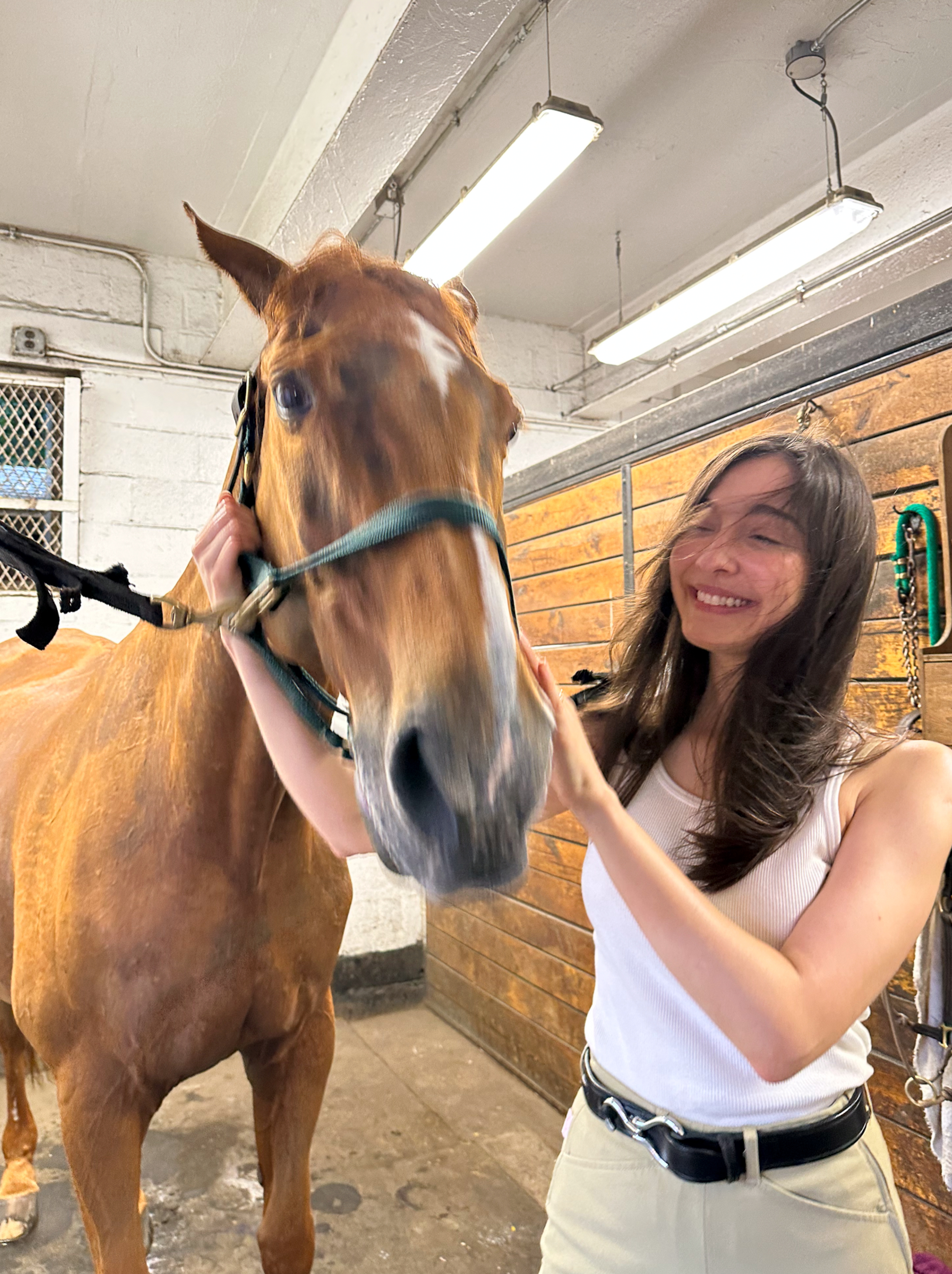
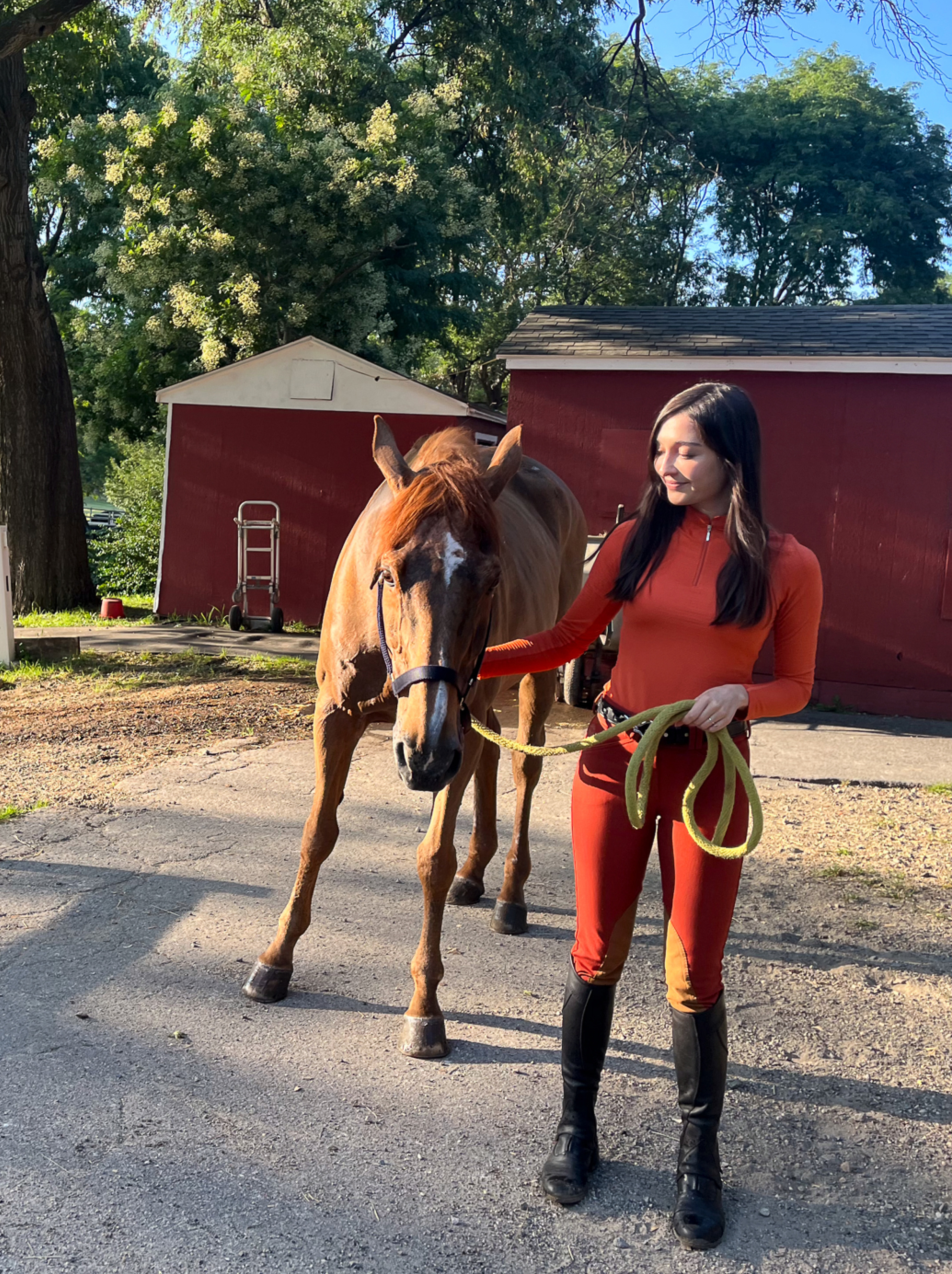
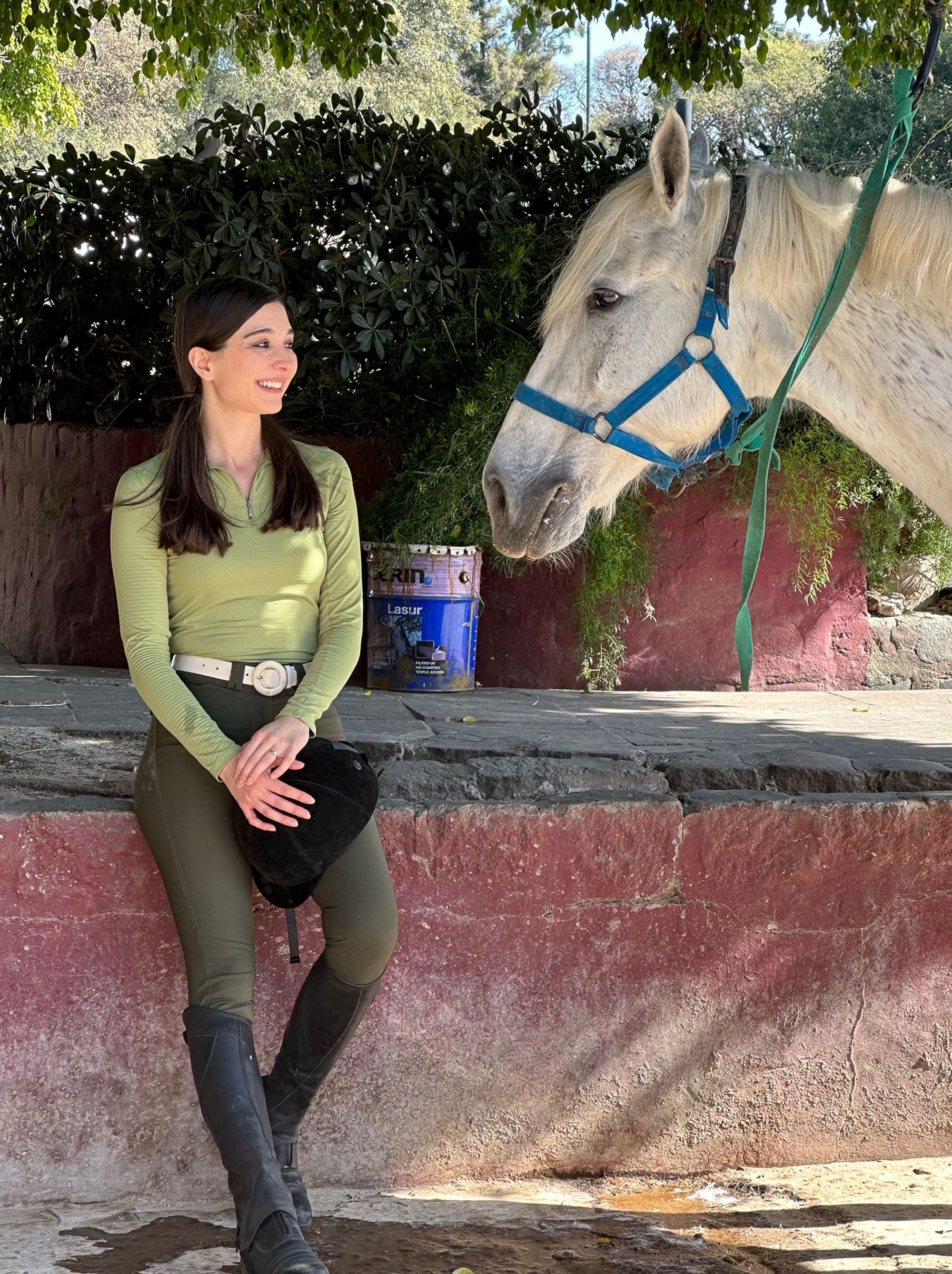
“While location scouting, I had to interact with a lot of horses. I feel very stupid about it now because horses are a national staple in Argentina – everyone knows how to deal with them, how to ride them. But growing up urban poor in Spain, I never had access to farms. We had a cat. Beyond that, I didn’t know anything about animals. I felt bad, because part of my family is Native American. My grandma grew up taming horses, and I knew nothing. So I started riding horses and studying horsemanship back here in New Jersey and New York.”
The dogs
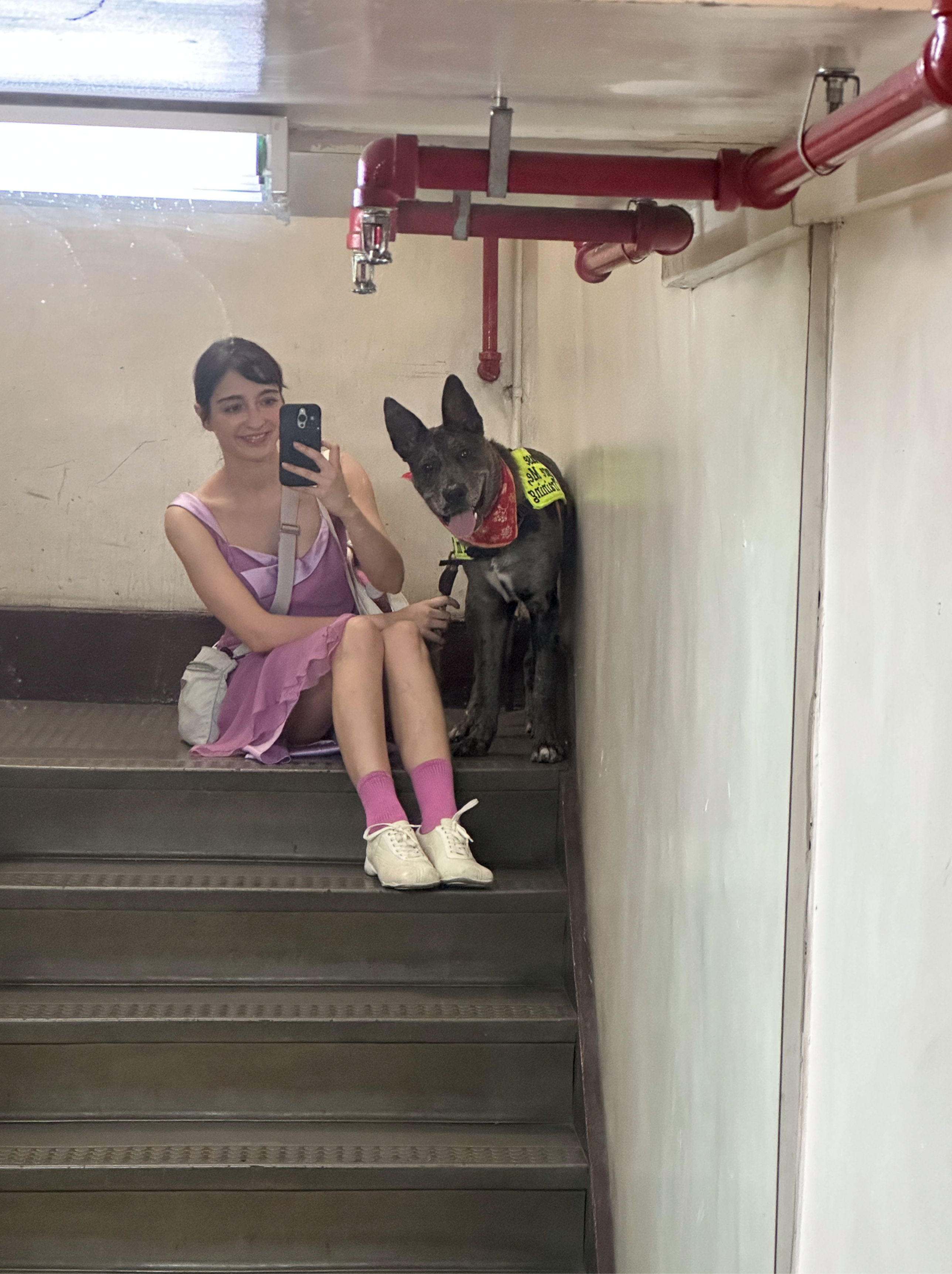
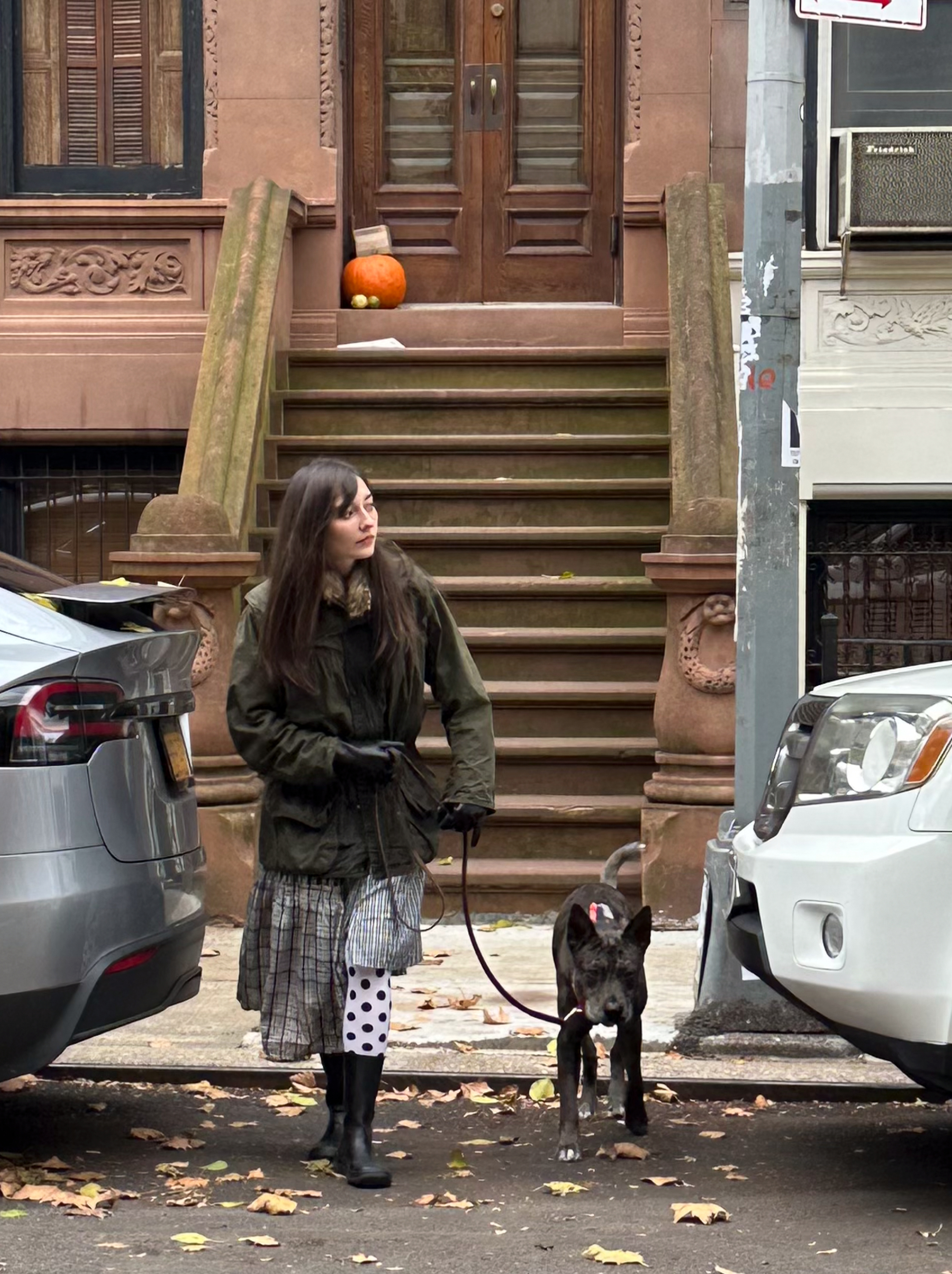
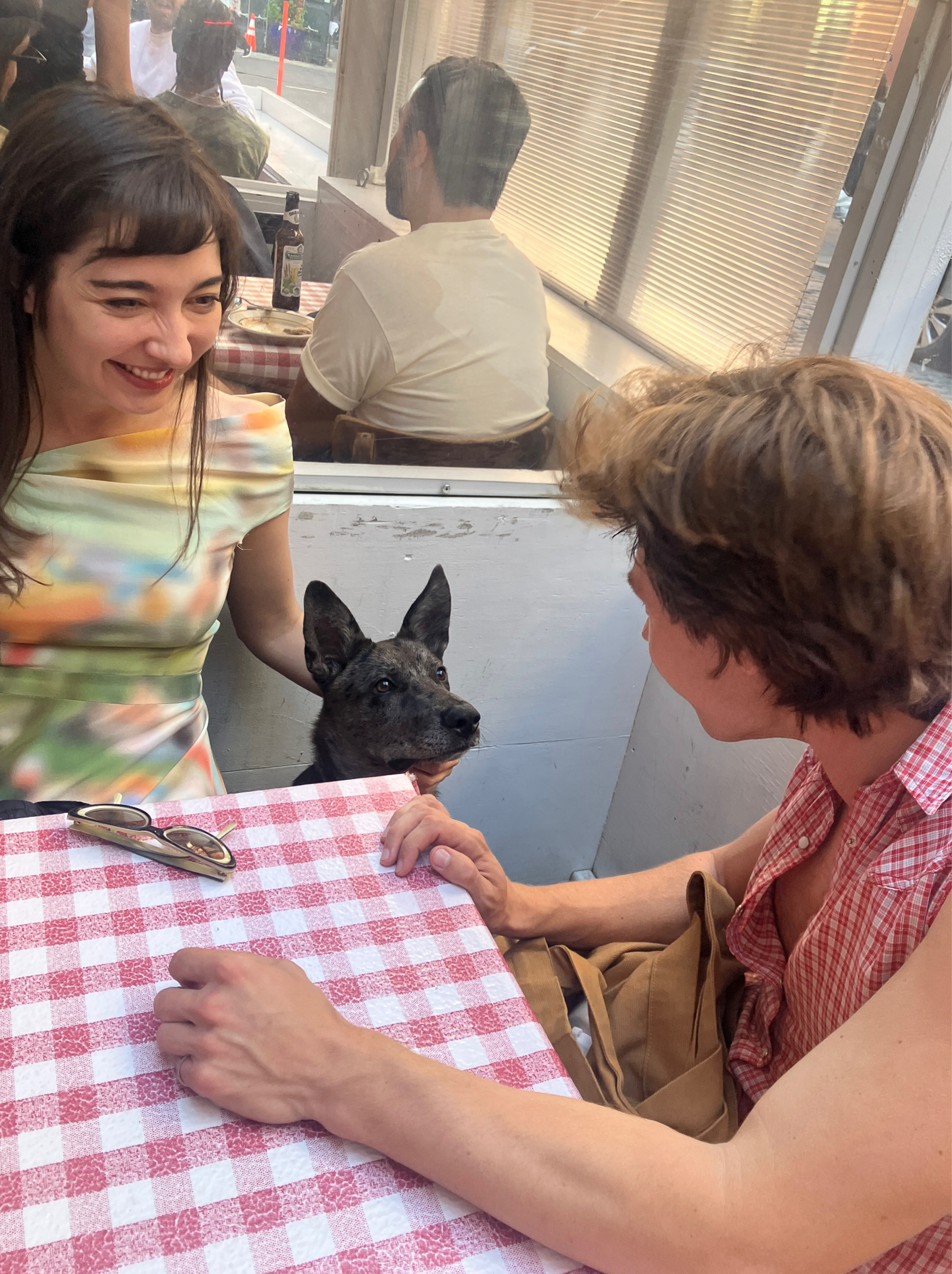
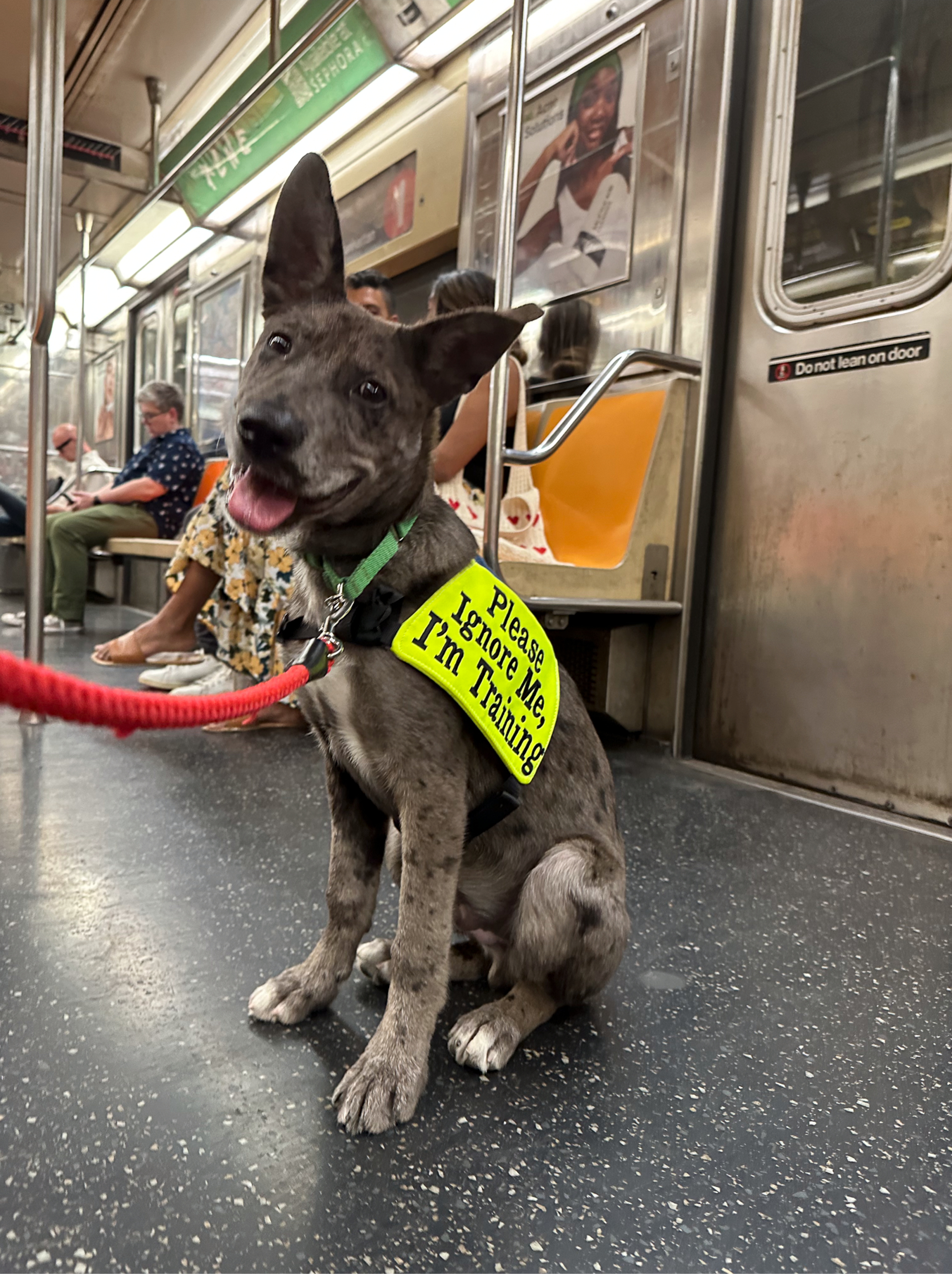
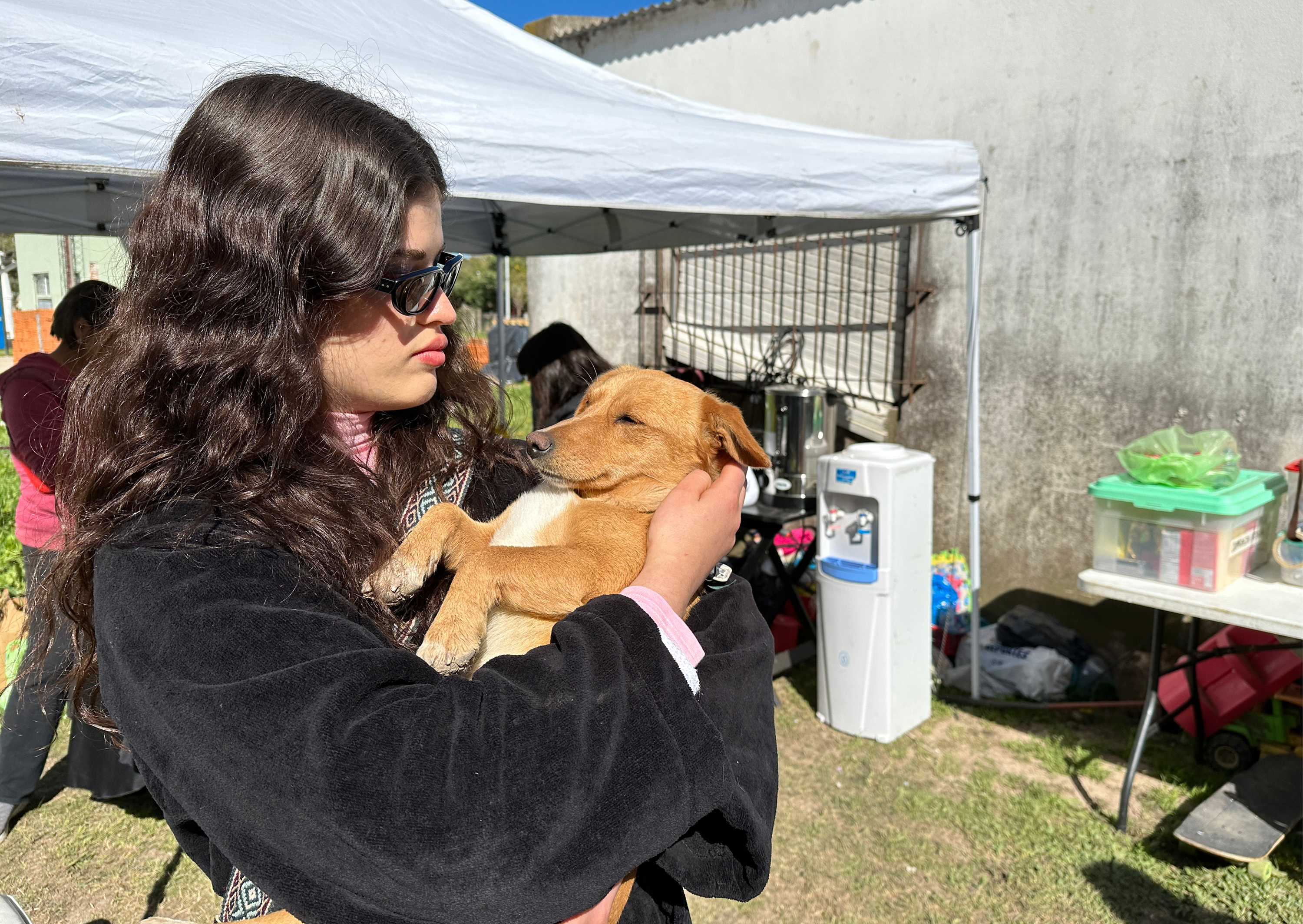
“There are so many dogs in Magic Farm and they were amazing, really well-trained and friendly. That was the first time in my life I was around dogs that much. I kind of grew up scared of them. I ended up adopting a working dog, Variety. Since then, my life has revolved around training and spending a lot of time with him. Down the line, I’d like to study animal behaviour – the same masters Isabella Rossellini did in New York [in Animal Conservation at Hunter College].”
The music
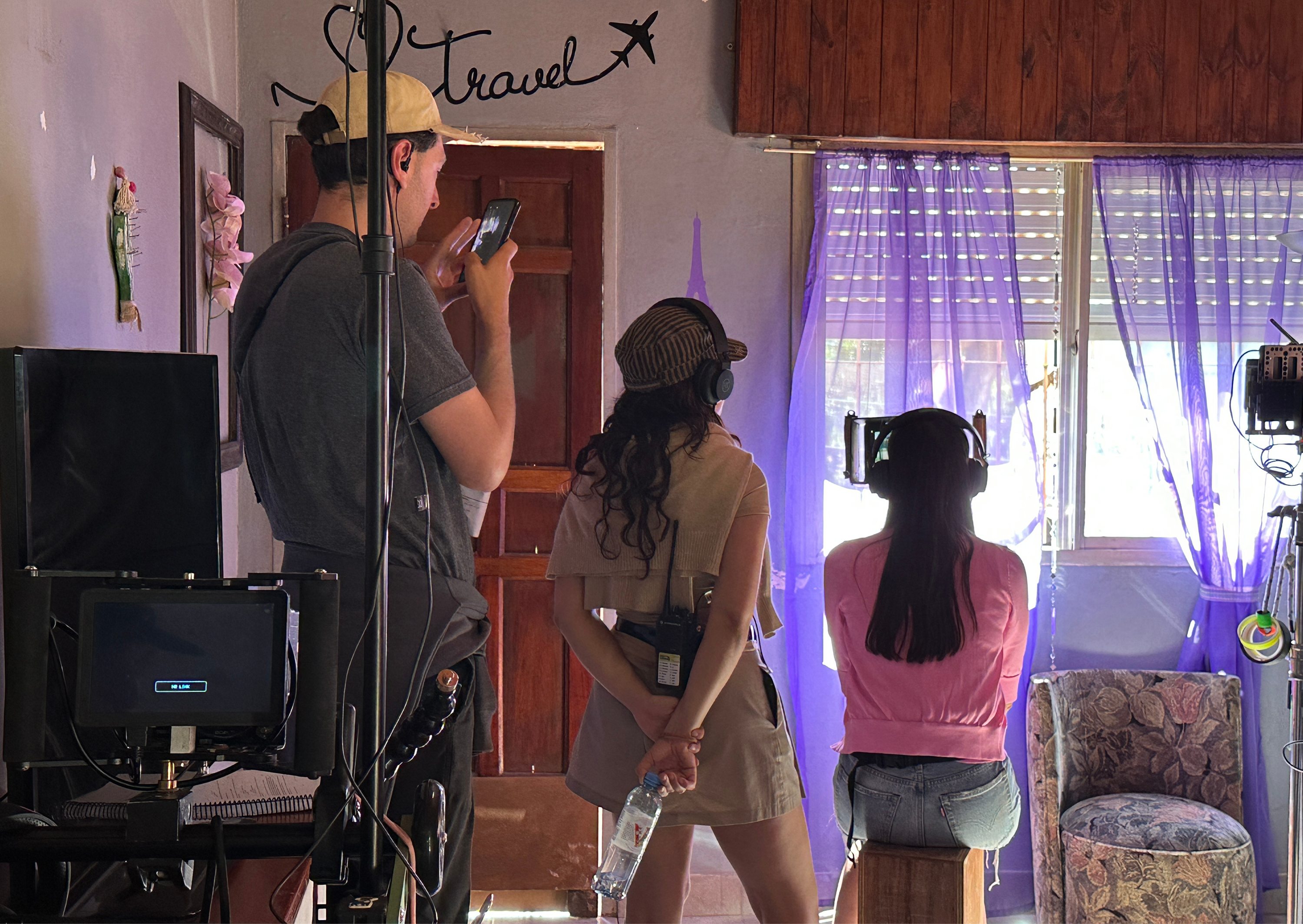
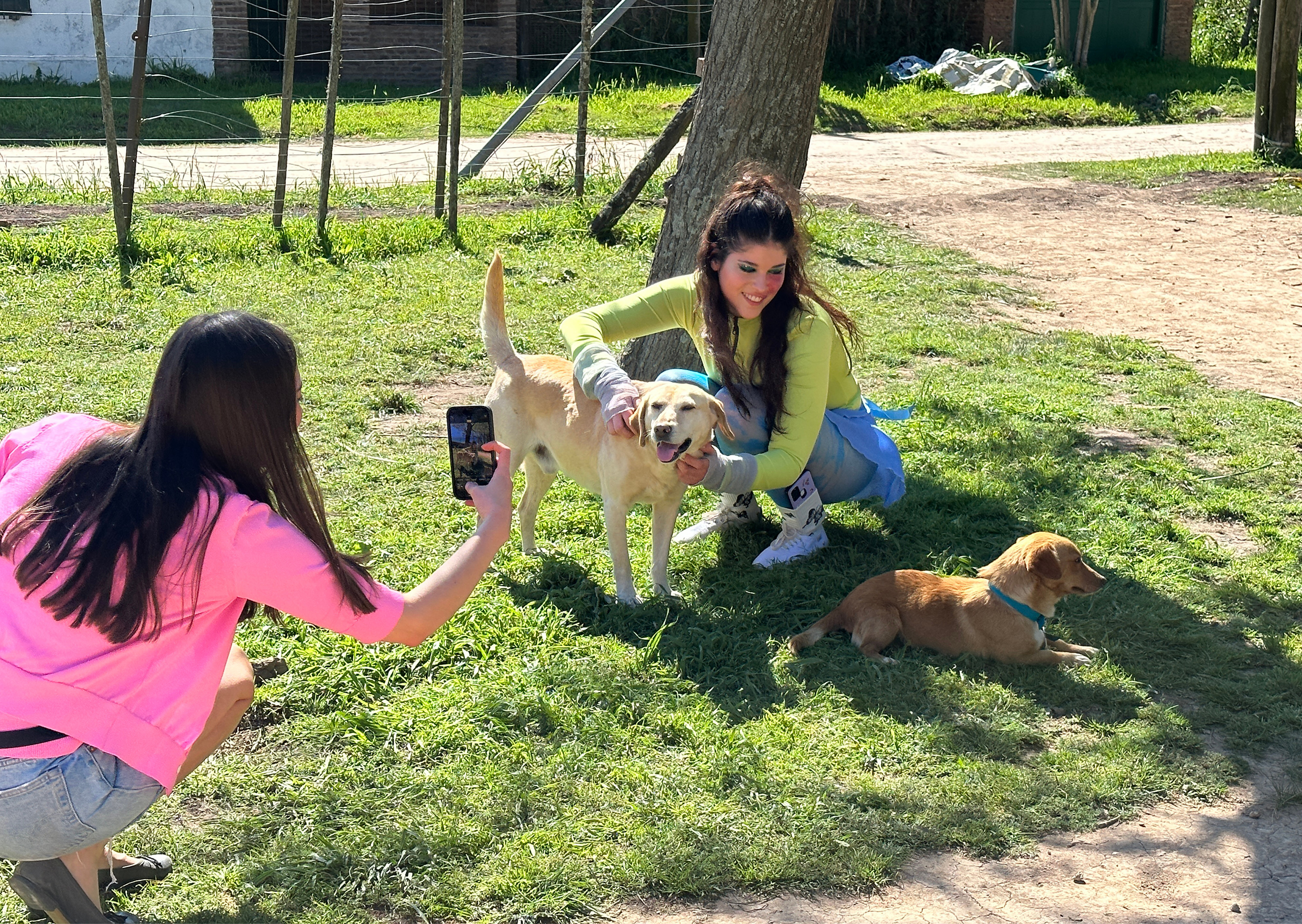
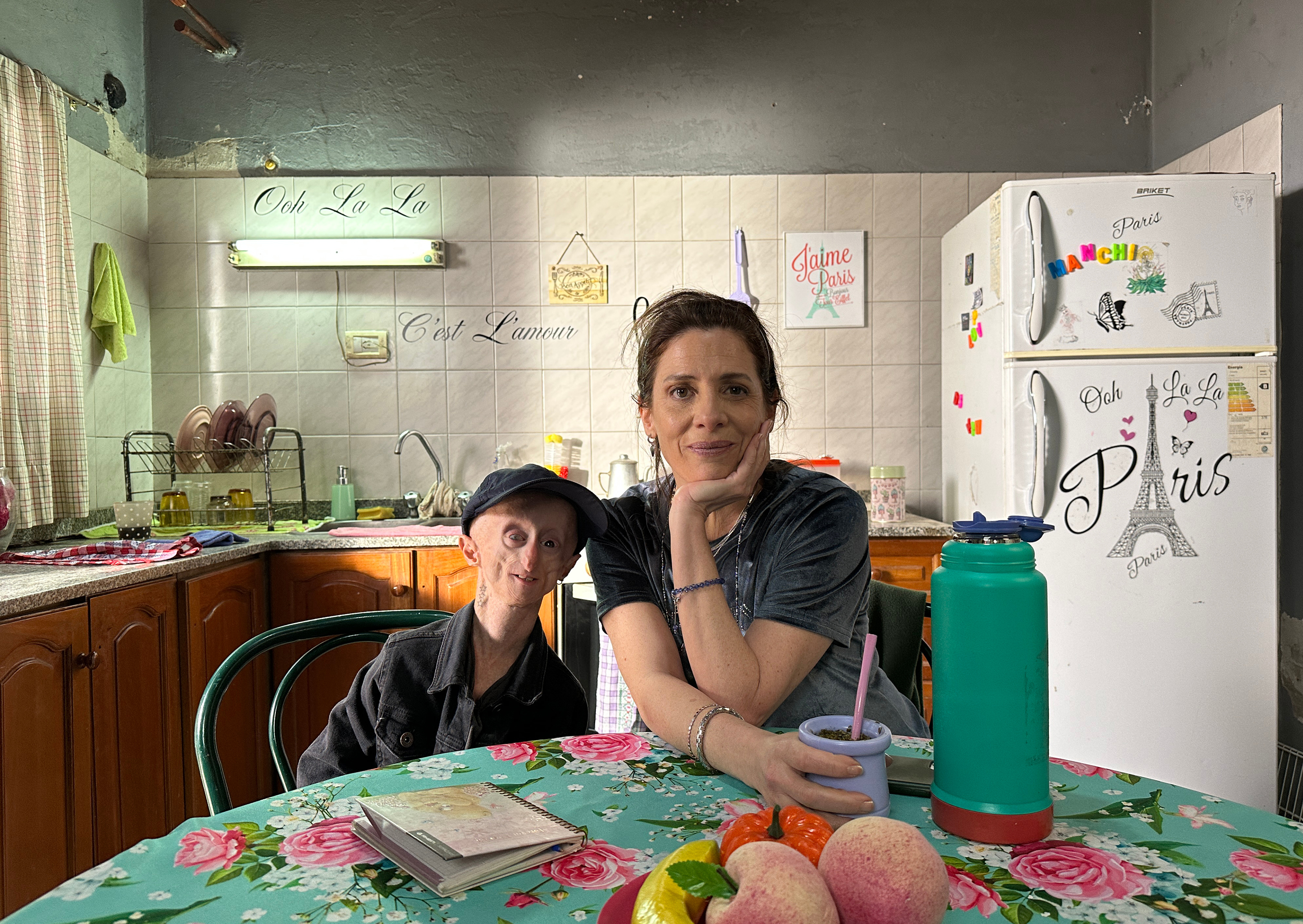
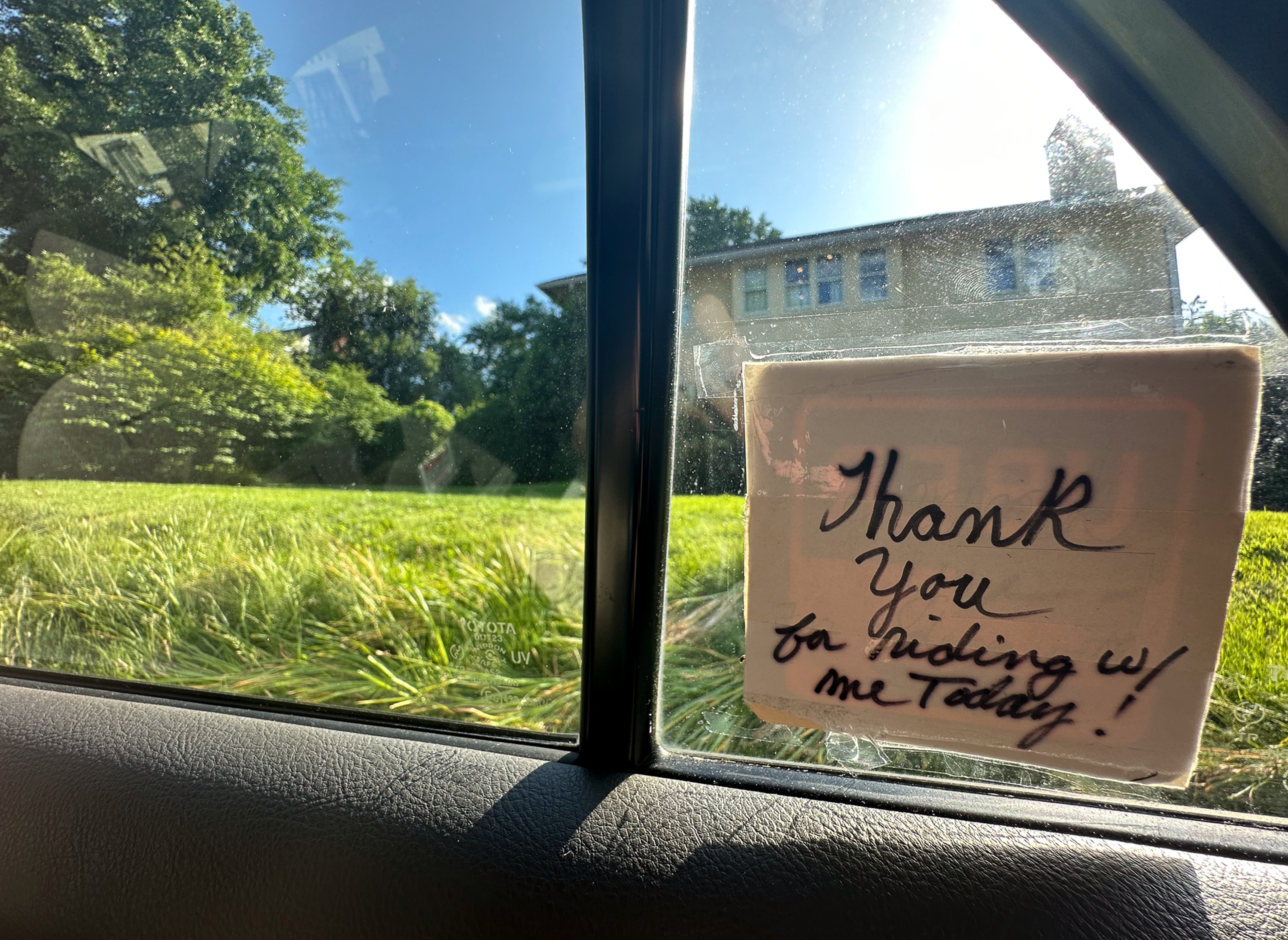
“I worked with the producer Chicken [AKA Burke Battelle] on the score. He also did the soundtrack to El Planeta. I am not a musician, so sometimes I’m concerned that I won’t be able to express my ideas properly. But whenever I share with him what I have in mind, he comes back to me with exactly what I was trying to convey. It was very fun to share all the cumbia villera references – [such as the bands] Damas Gratis and Pibes Chorros – with him, because I knew he would appreciate all the strange keyboard sounds and effects.”
Learning anew
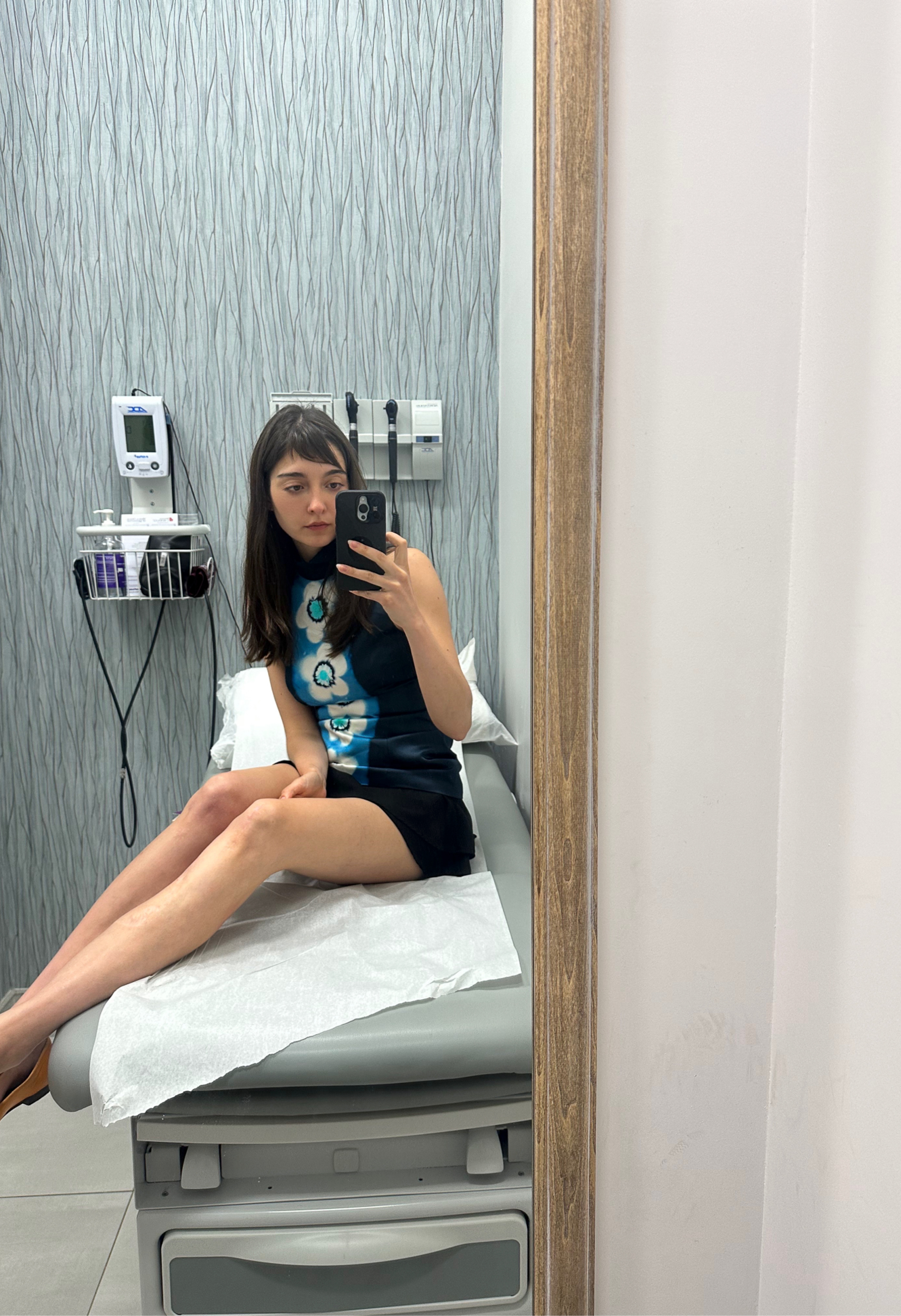
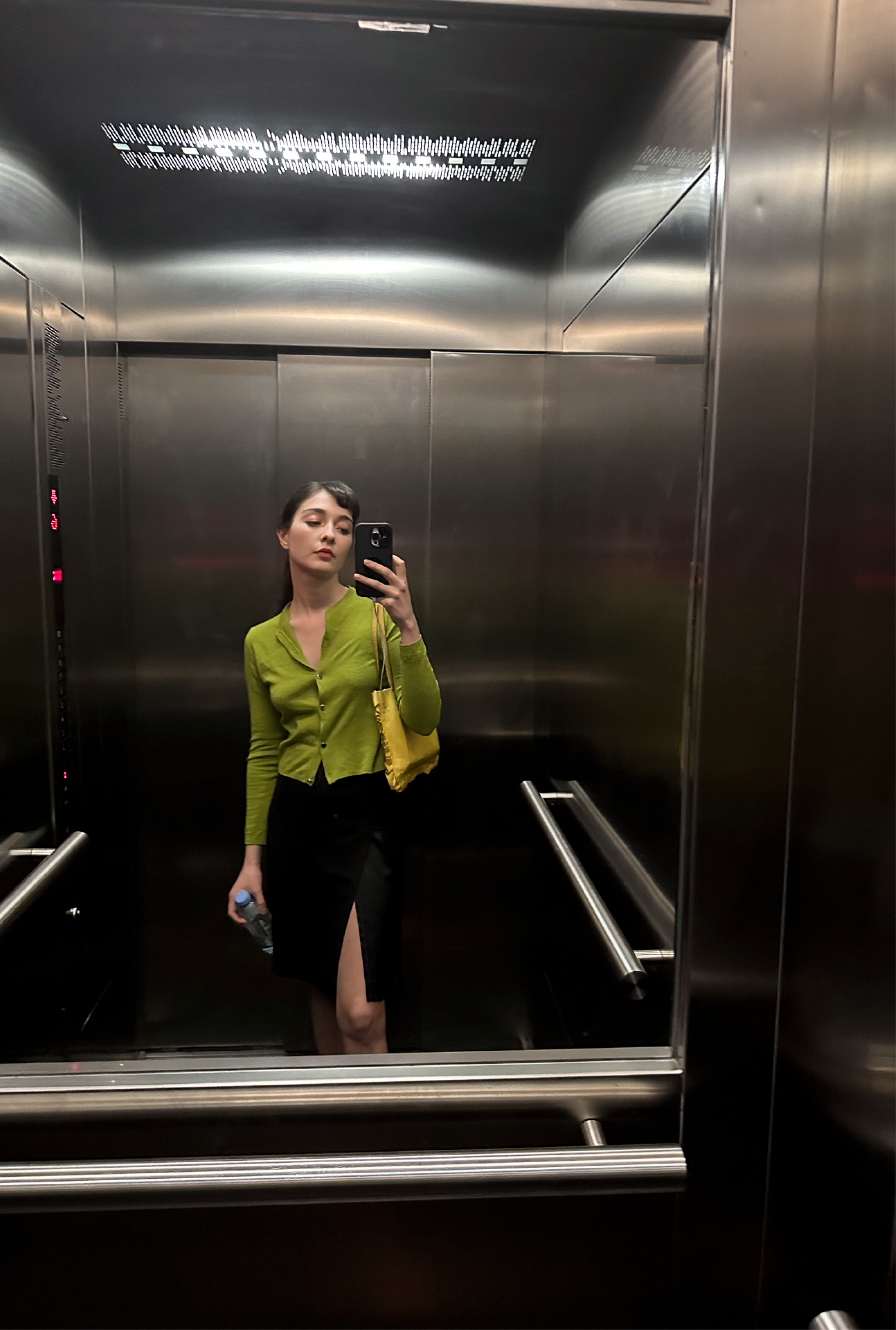
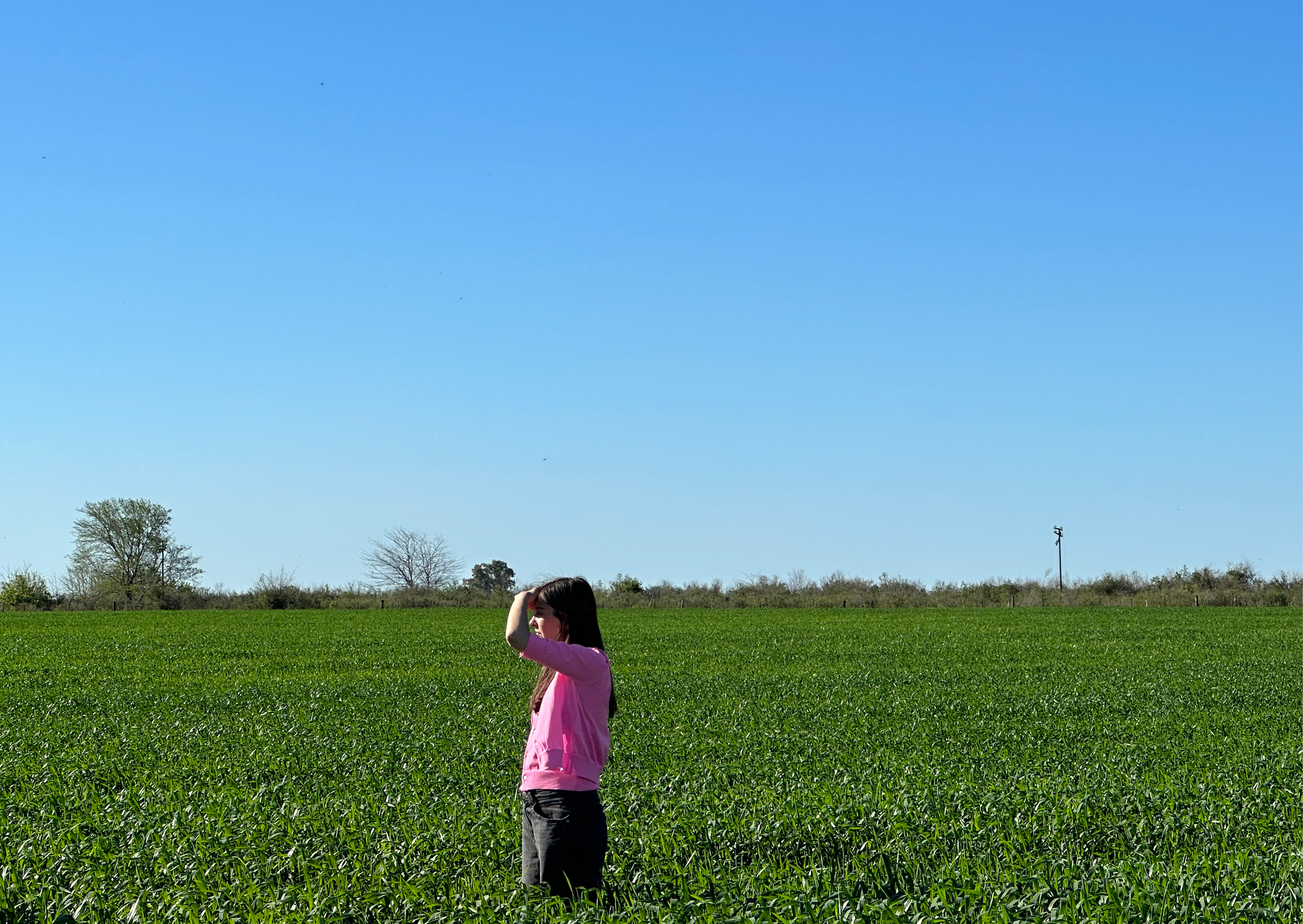
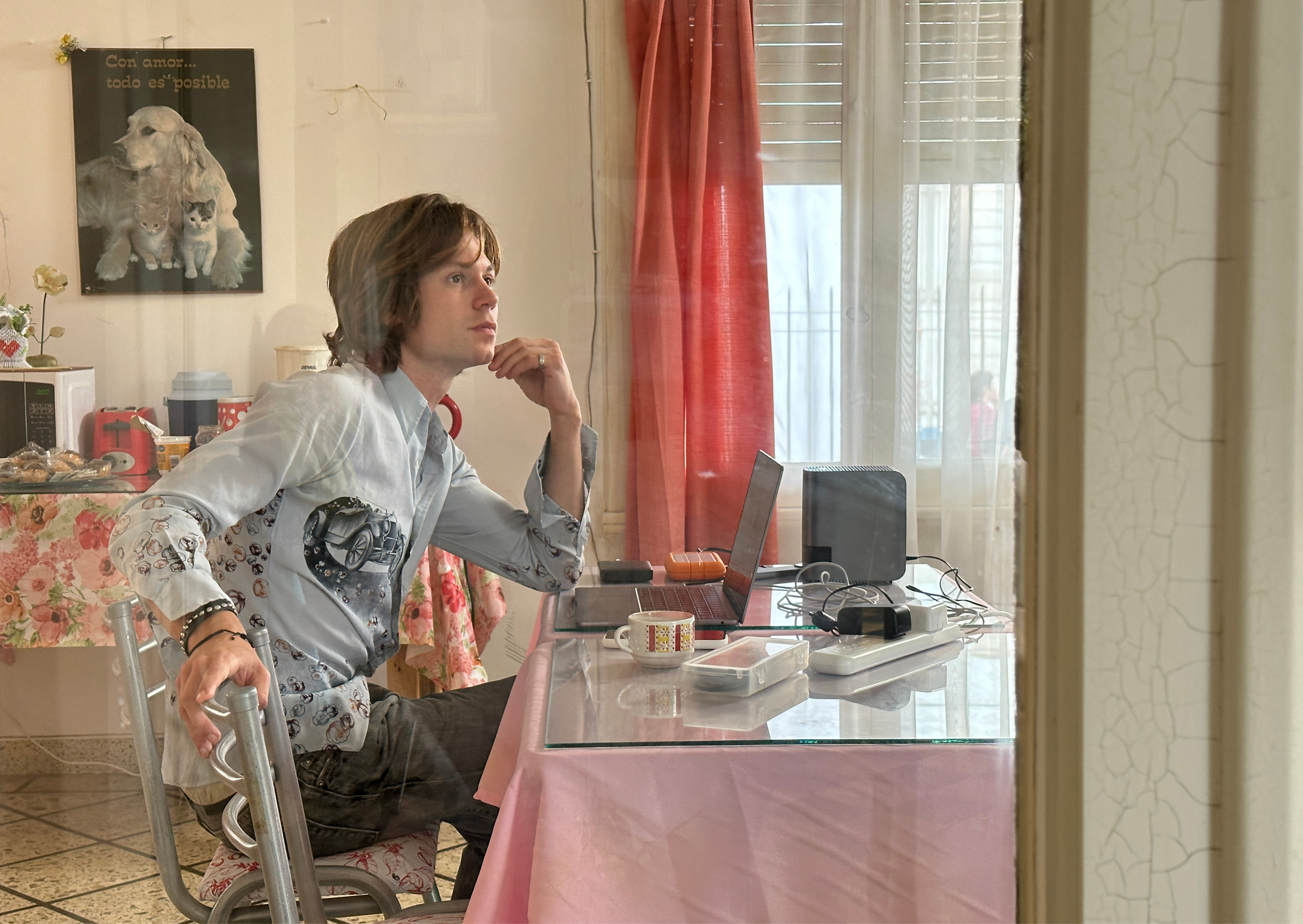
“The beauty of making films is having to learn new things for each project. I love learning new things. In fine art, once you do something that sells very well, you’re expected to do it over and over. I never wanted to do that. I get bored easily and I want to move on and learn. I want to fail constantly. Film is much more welcoming of that. It’s freeing. If you have a signature style, each film allows you to focus on something for, like, four years.”
Frivolity
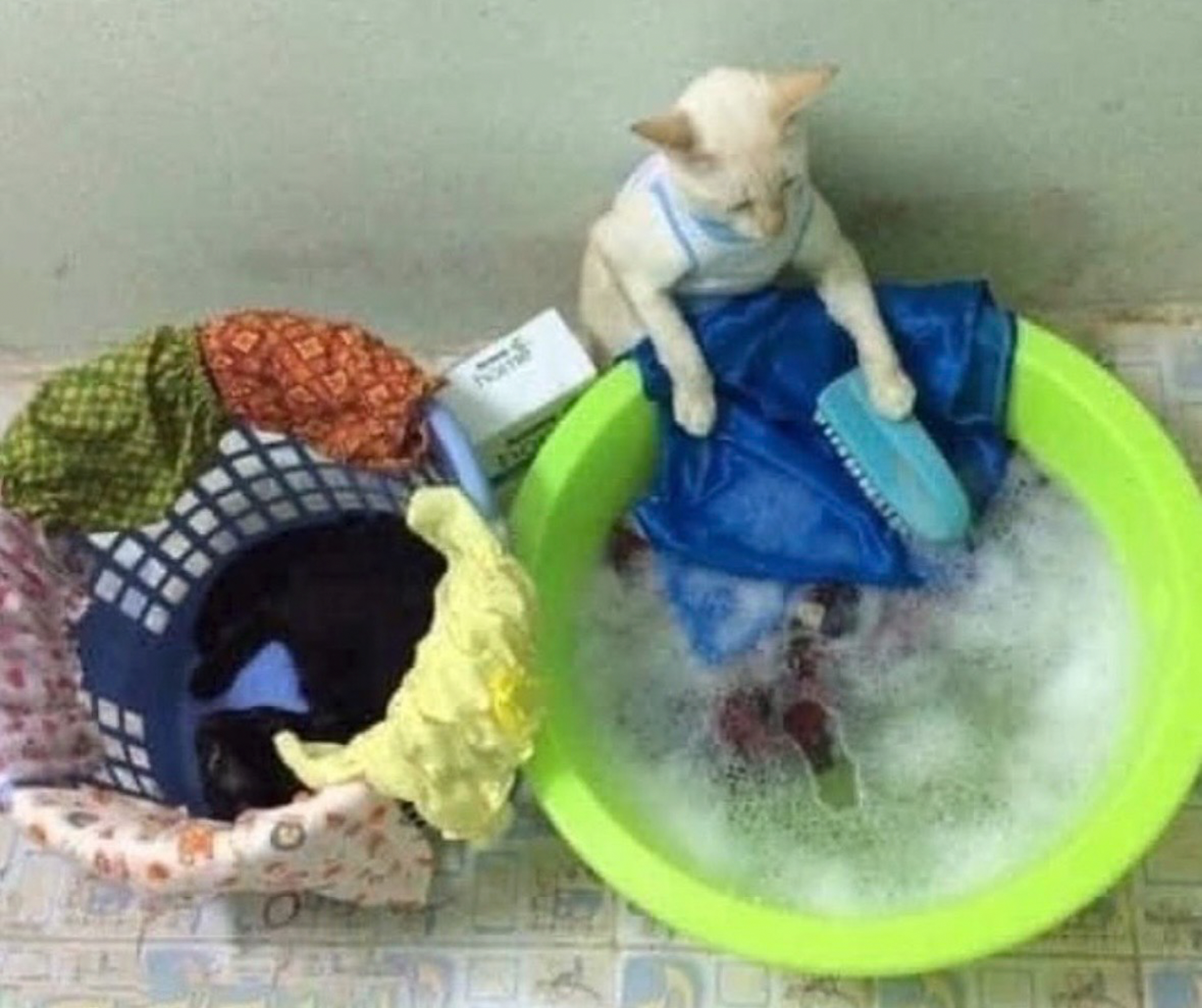
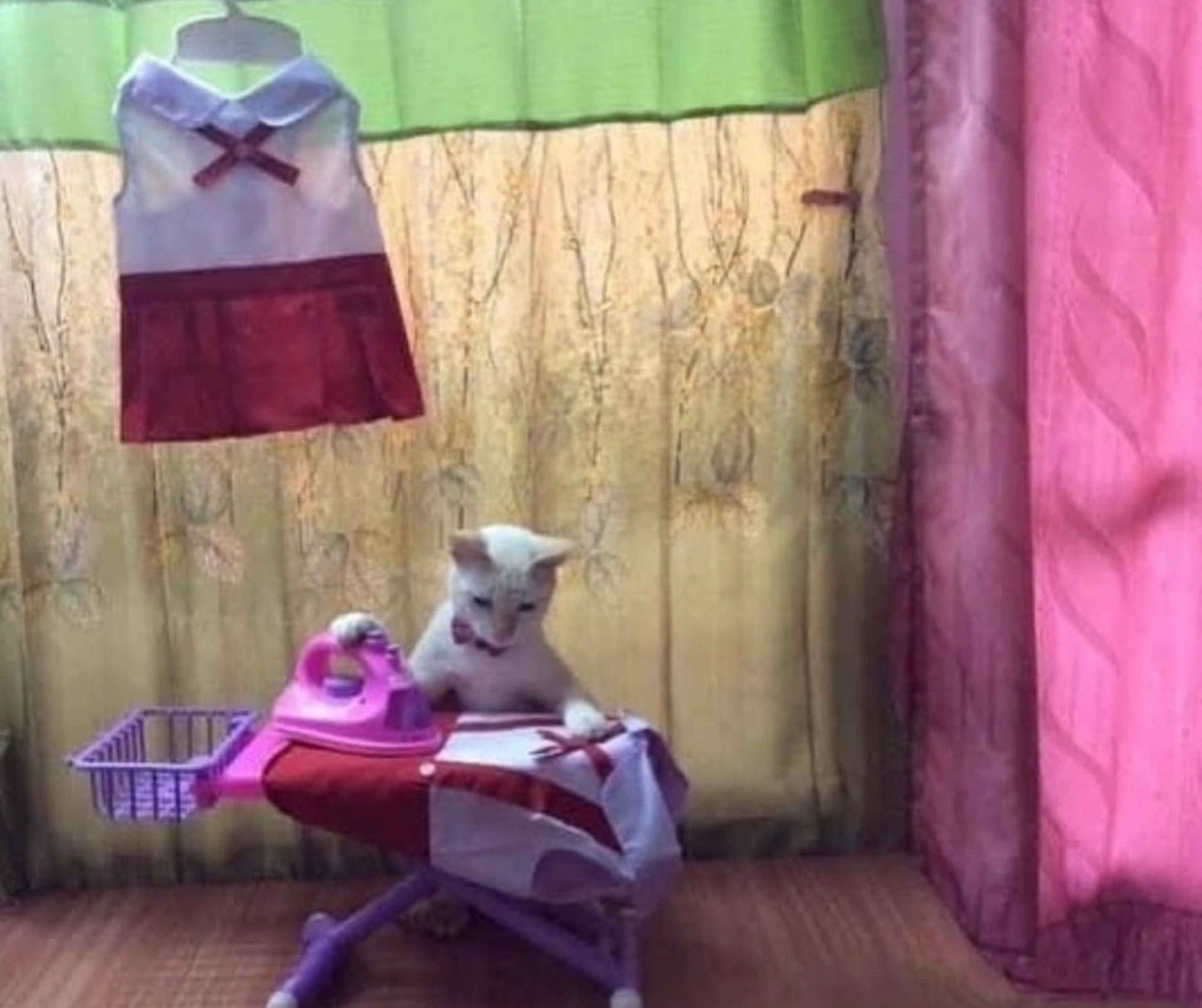
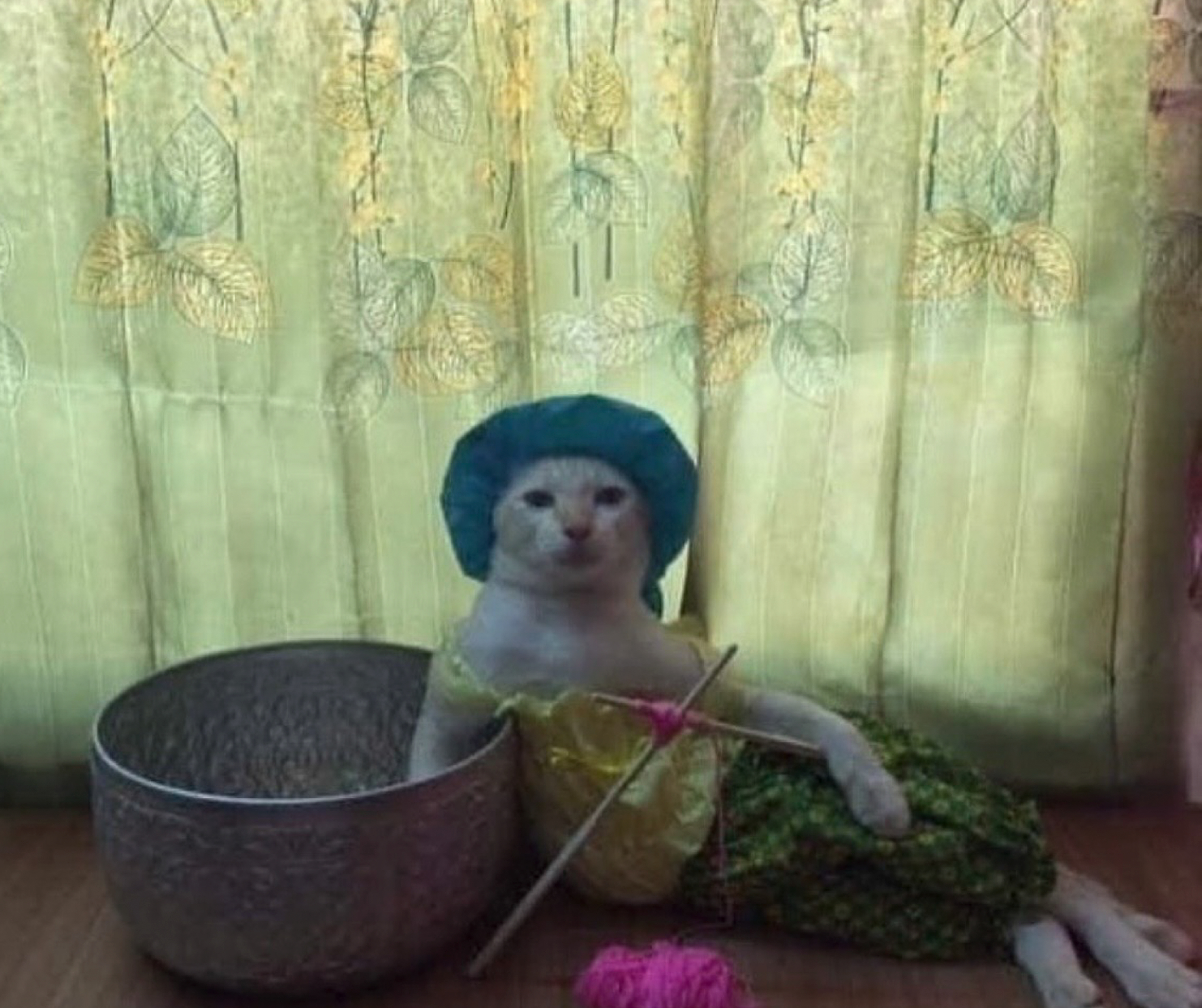
“My view on the way we present ourselves online hasn’t changed much over the years. It’s the technologies that have changed. Now, more people than ever are expected to perform for the camera. It’s not healthy for everyone who’s not in showbiz to be performing in this way all the time. There’s a hyper-saturation of it. It’s unnecessary and distracting. It used to be considered a job, to be in front of the camera. It takes time and effort, and a lot of people are wasting their time with it.”
The clothes

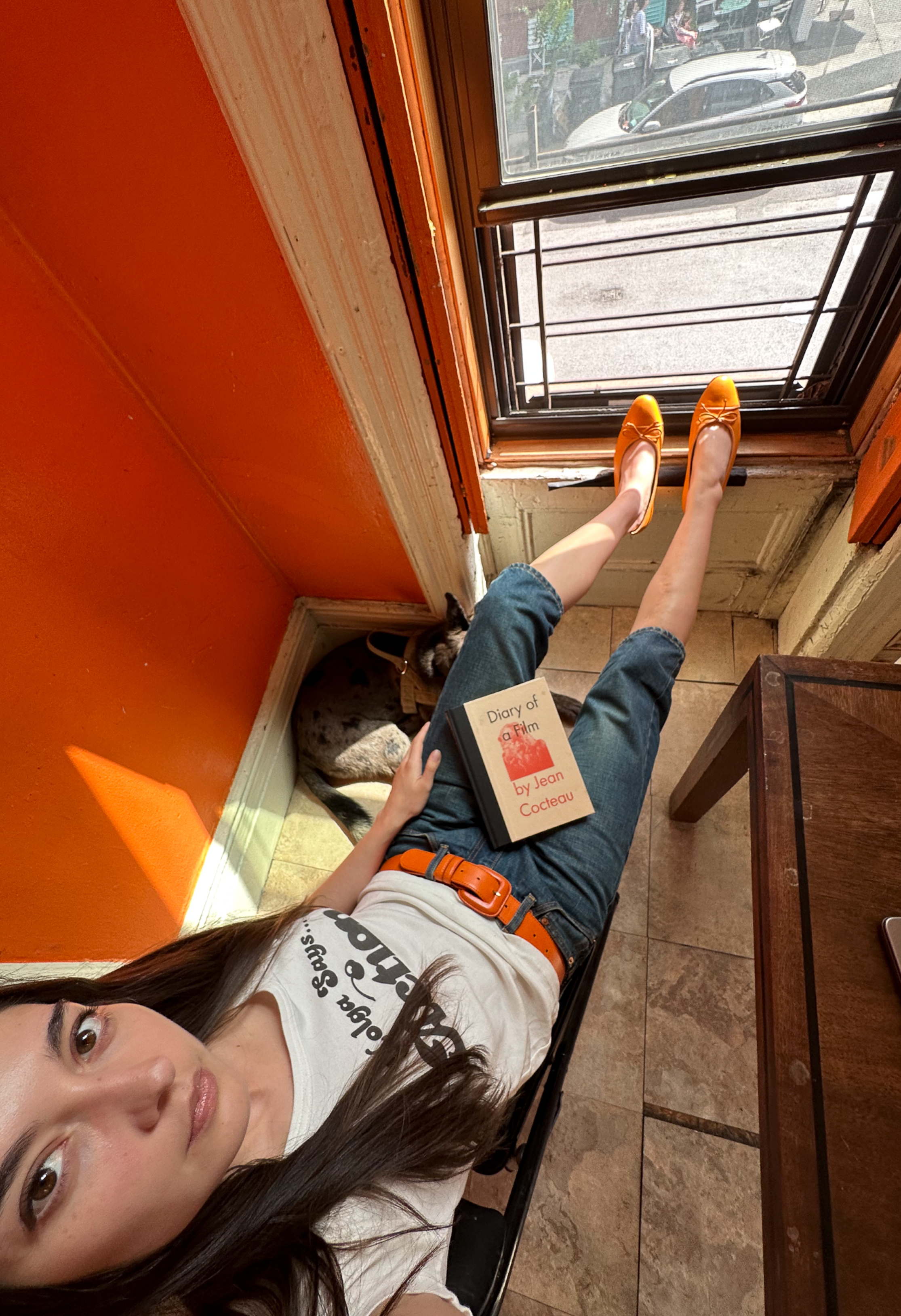
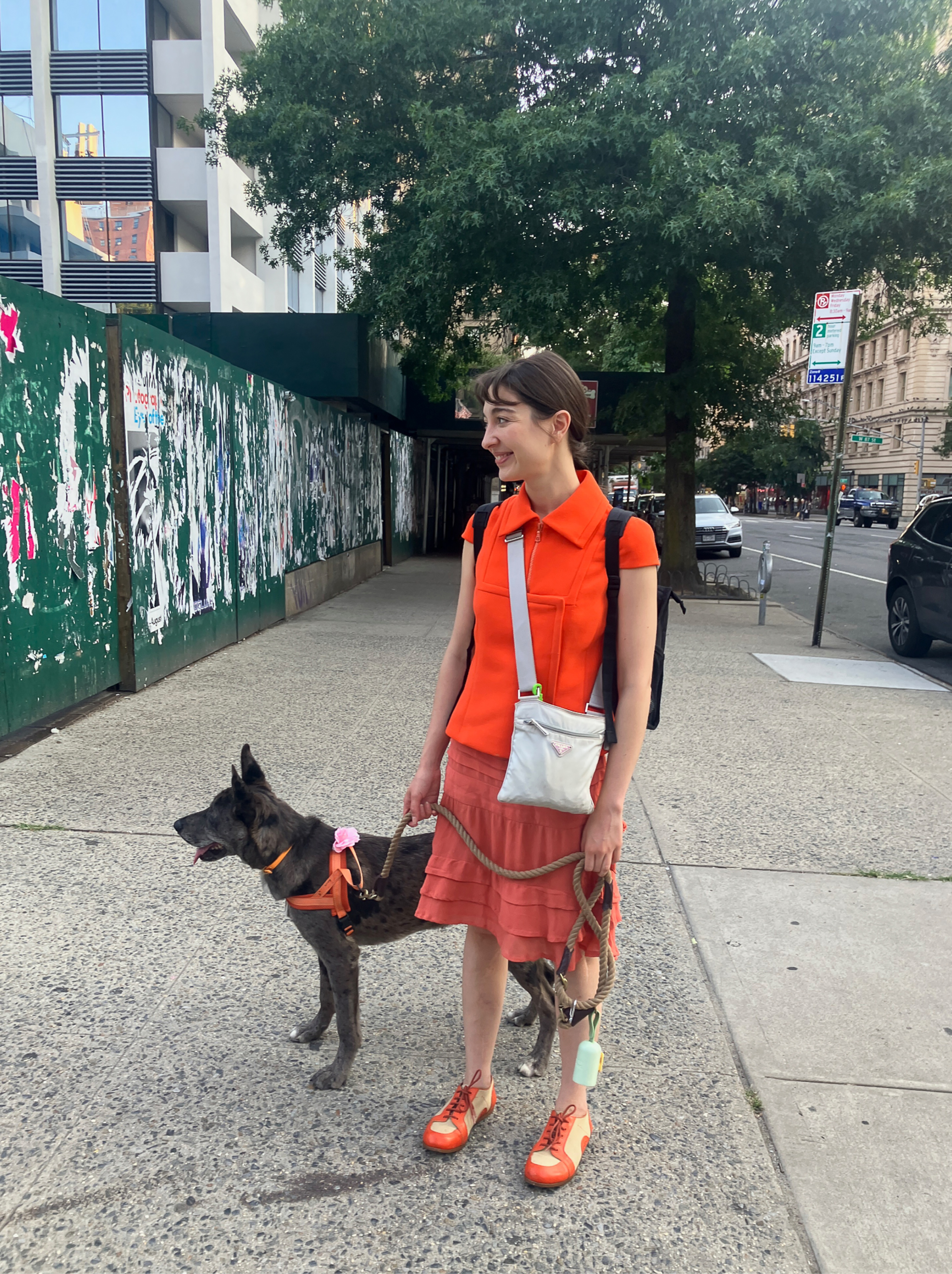
“I’ve always liked fashion, but more so the idea of dress-up. That’s also what I enjoy about making films. I went to Central Saint Martins, so I like being surrounded by people who are well-dressed. I don’t think I am particularly well-dressed, though. I’m usually in jeans and a tank top. That’s my off-duty look.”
At the end of the day...
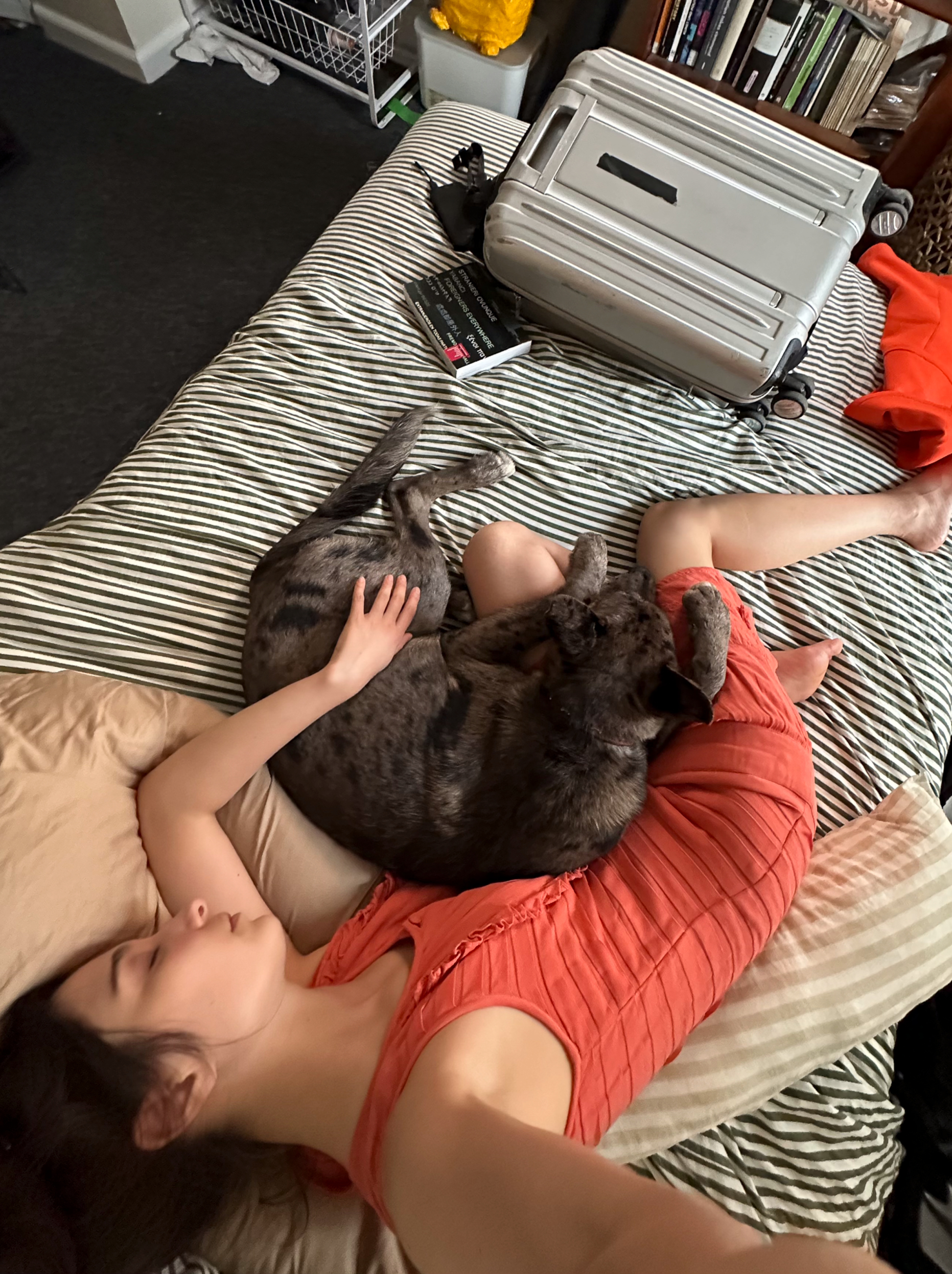
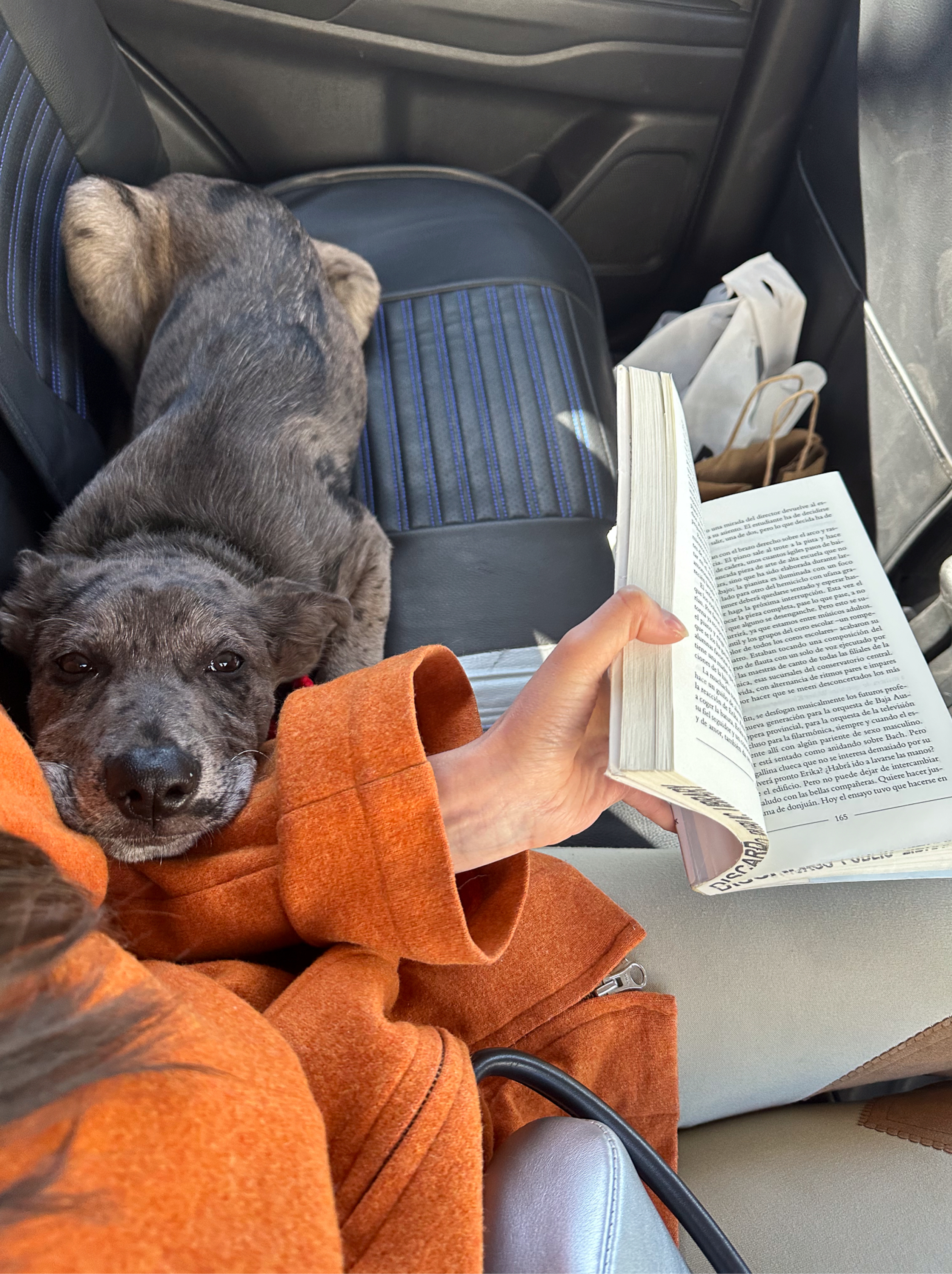
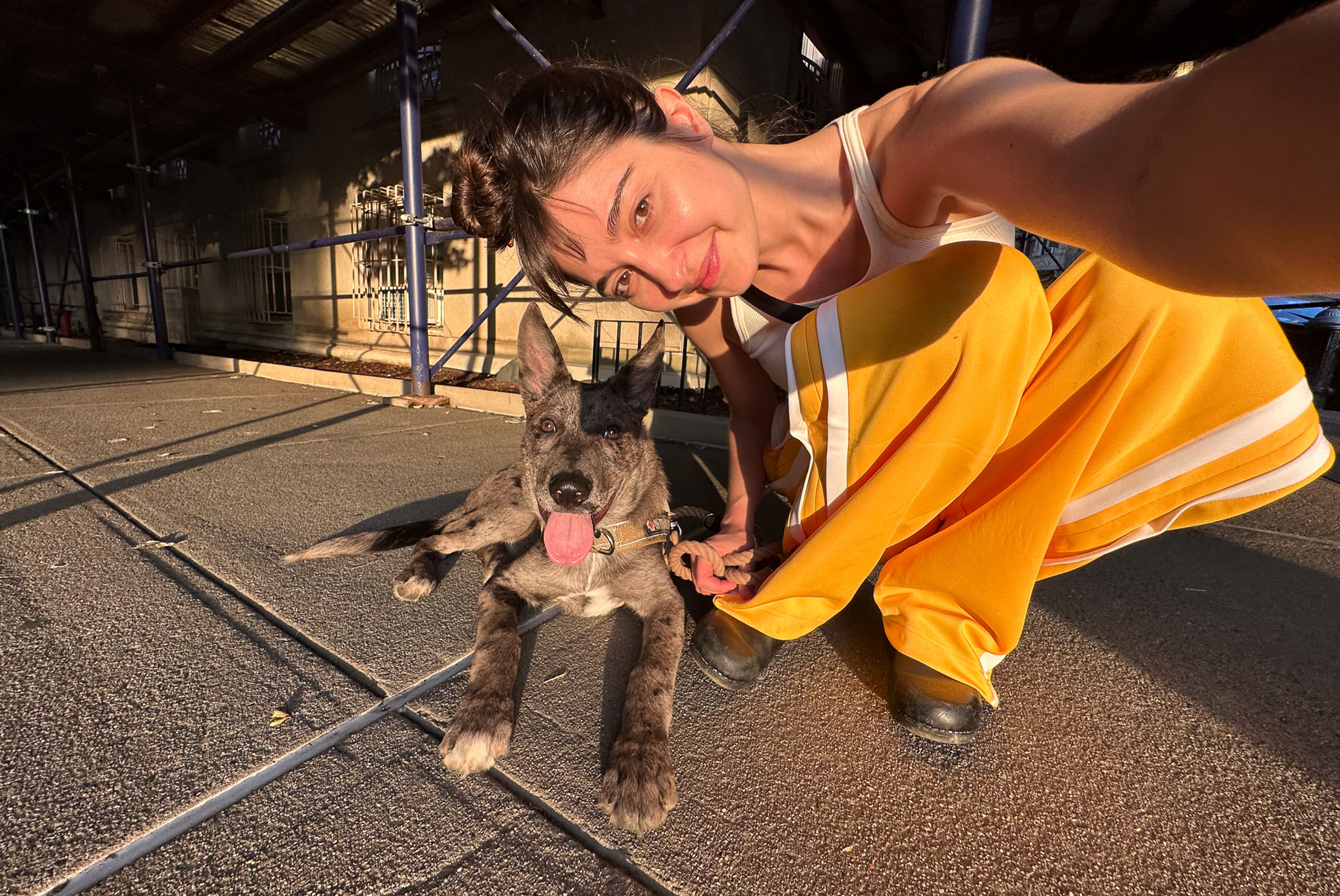
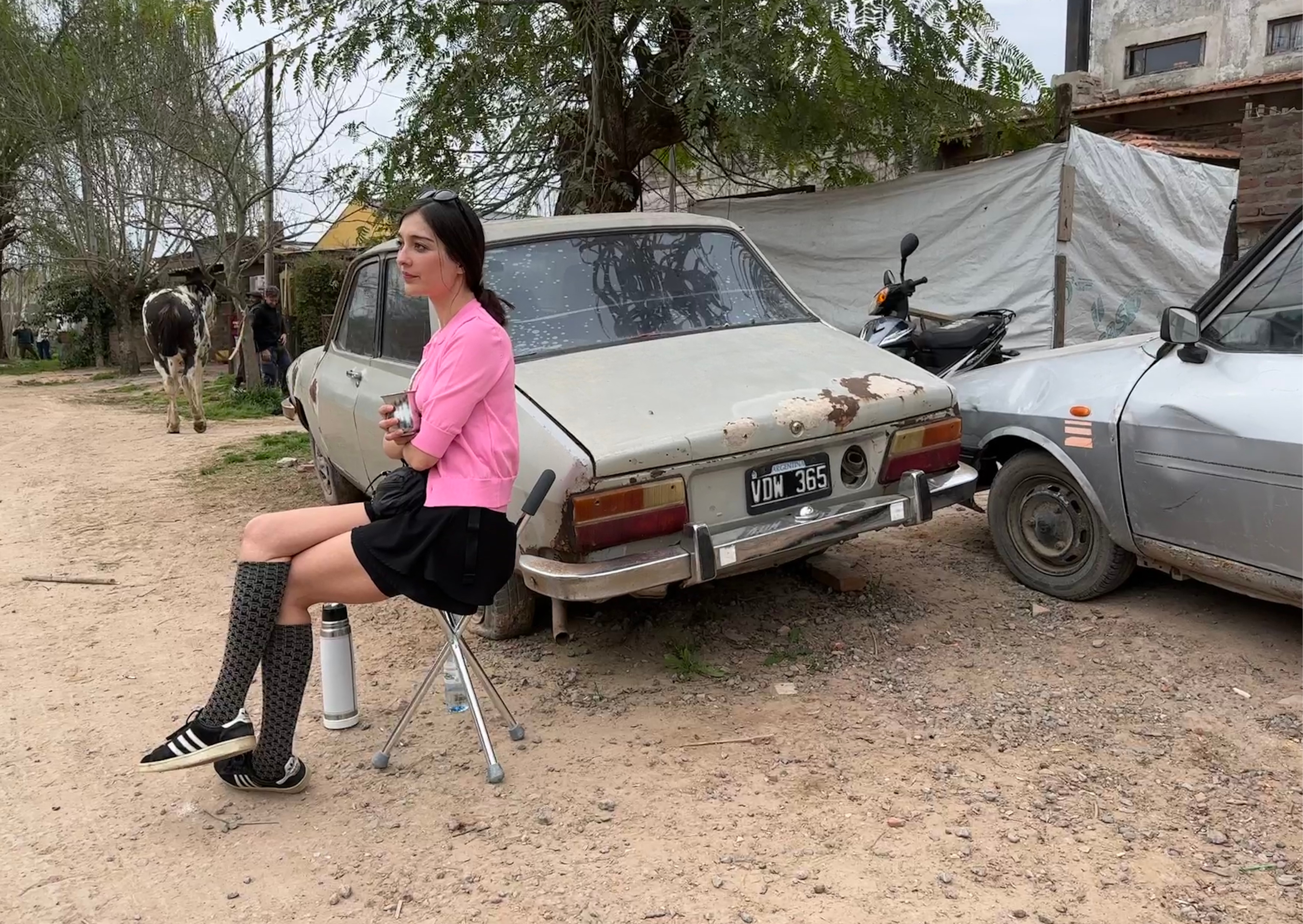
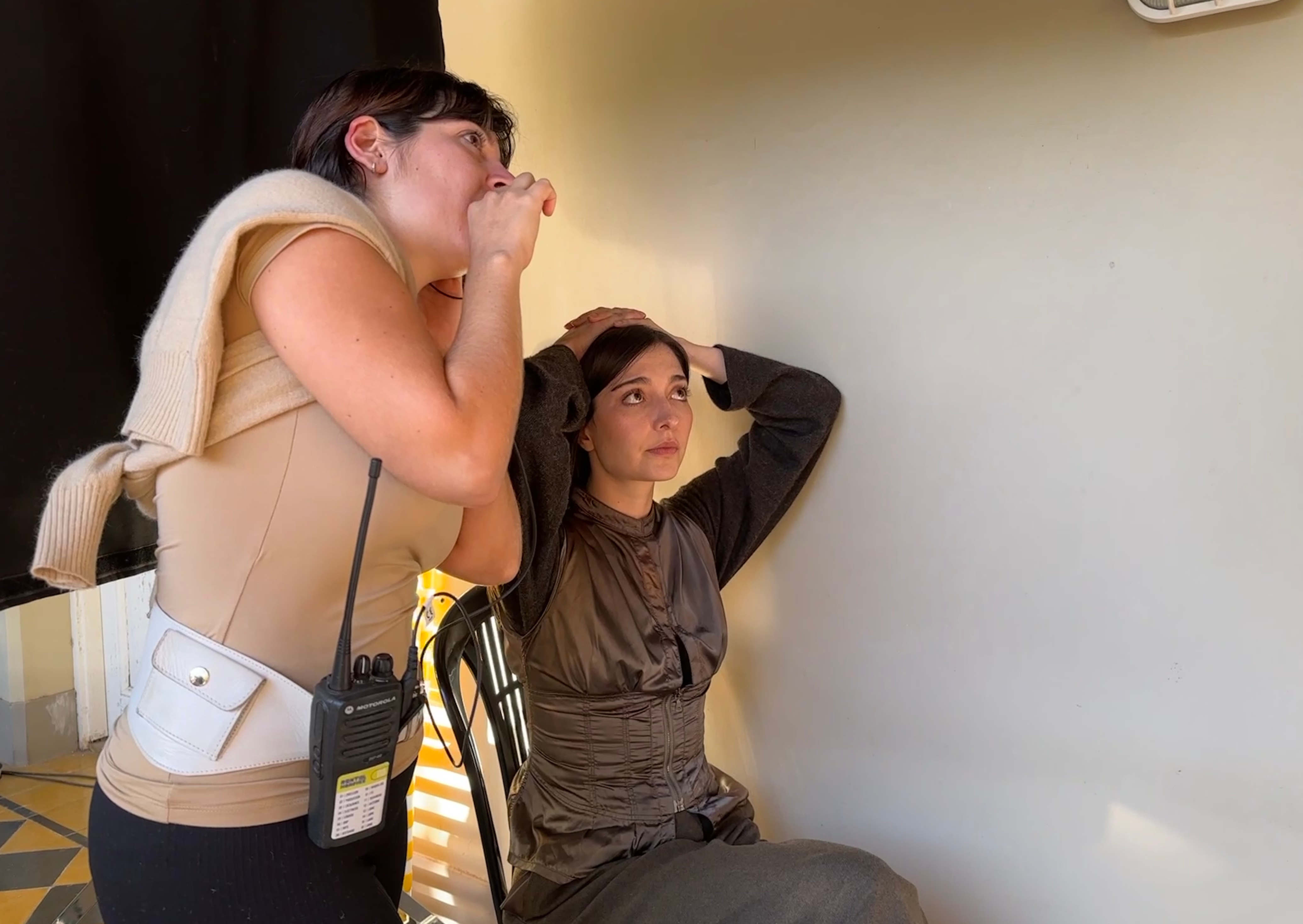

“The main thing I learned from making Magic Farm? To trust my instincts. And that I like dogs.”




















































